Health News

Harnessing the Power of Vegan Foods to Fight Inflammation
Learn about combating inflammation with a plant-based diet. Discover vegan foods that offer anti-inflammatory benefits, supporting health and fighting chronic conditions.
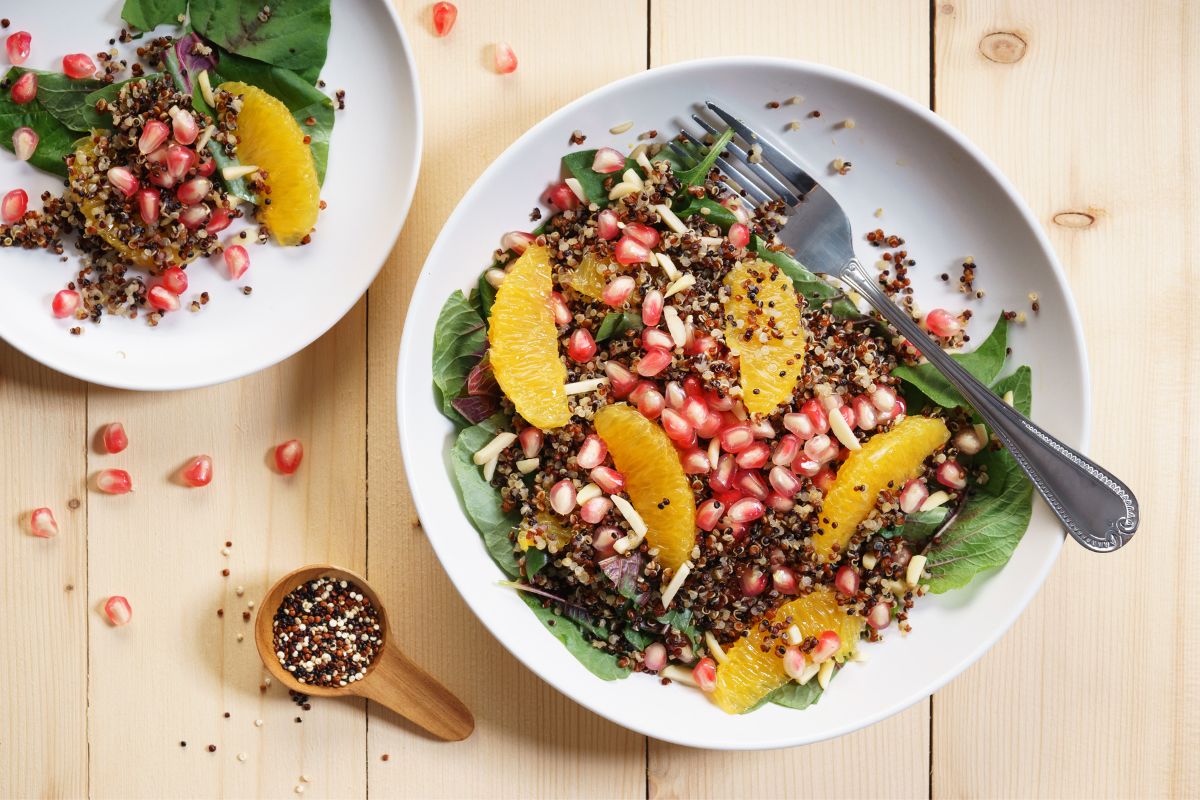
Quinoa vs. Rice: Which one is actually healthier?
Known to reduce deadly diseases like diabetes and cancer, the health benefits of brown rice and quinoa are unparalleled and essential to a nutritional plant-based diet.
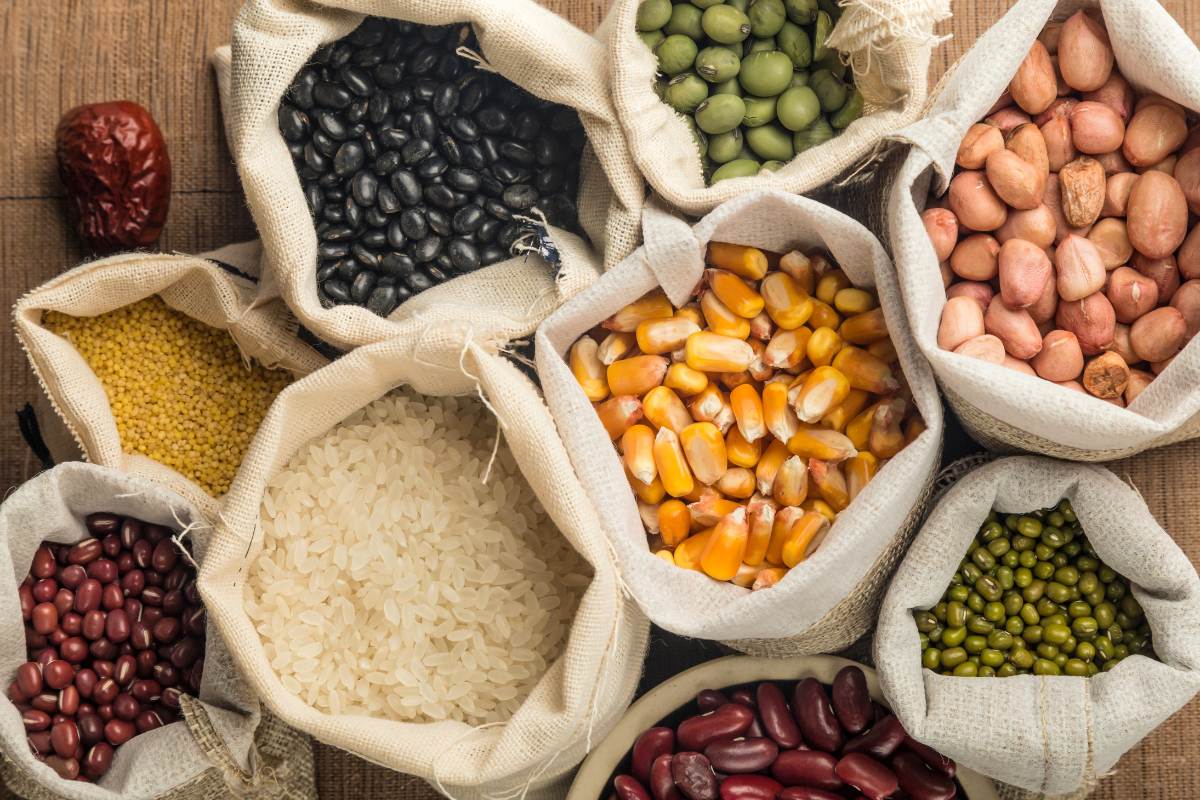
Health Tips
Whole Grains And Why Your Body Needs Them
Eating whole grains in moderation is essential to any plant-based diet. It not only promotes weight loss but reduces symptoms linked to chronic diseases.
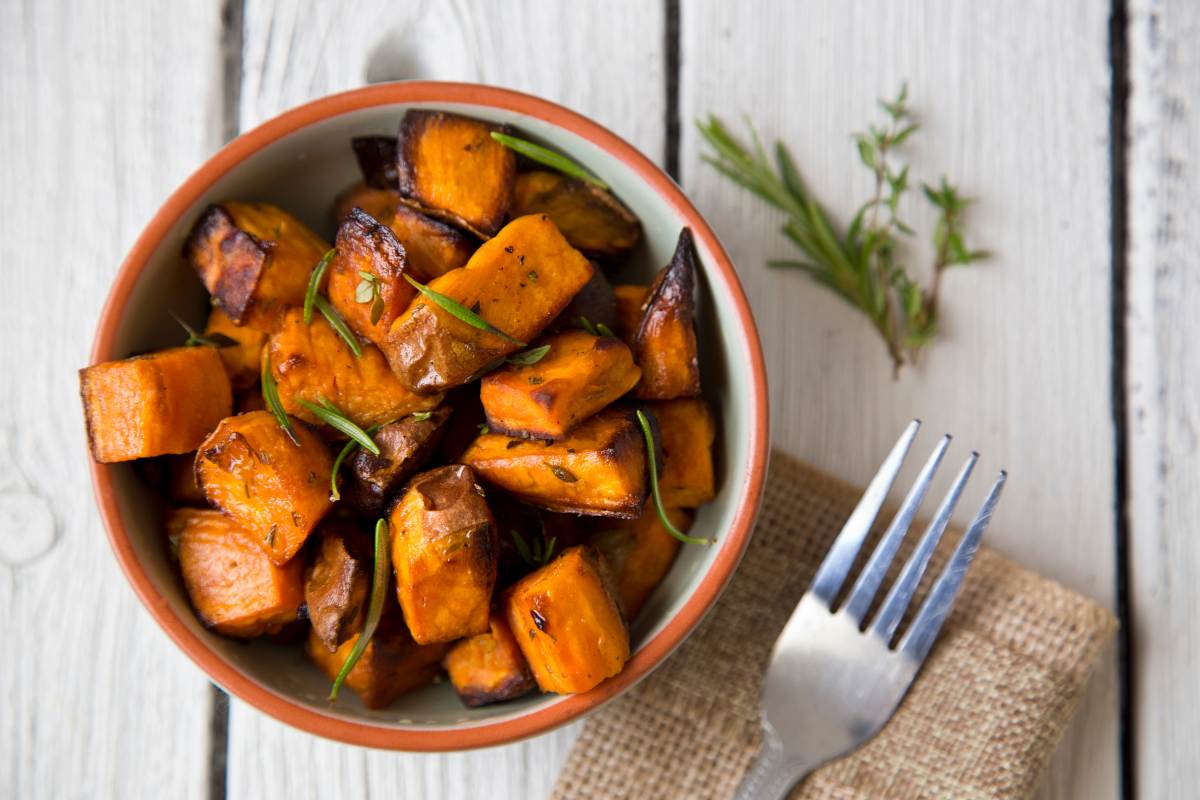
Health Tips
The Health Benefits of Eating Sweet Potatoes
Elevate your dietary choices with nutrient-rich sweet potatoes. Explore how they can enhance your health and add a wholesome boost to your meals.
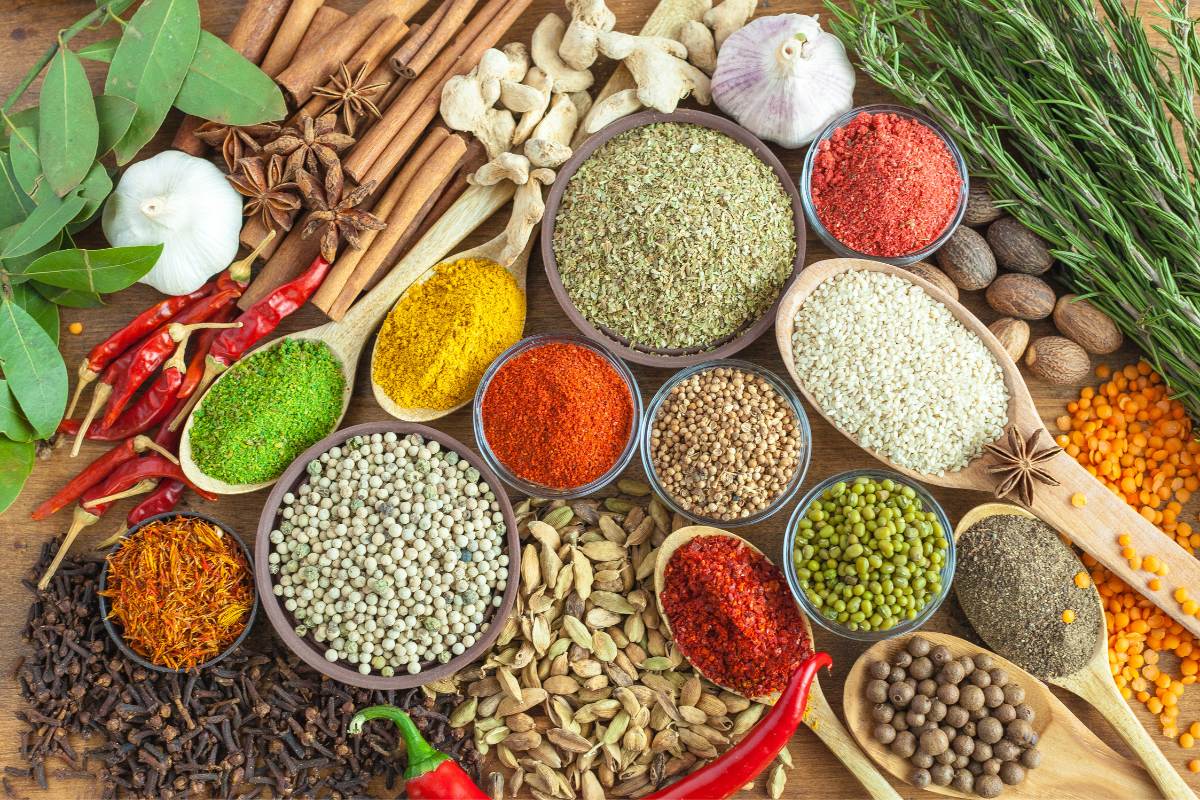
Health Tips
7 Flavorful and Nutrient-Rich Herbs and Spices for Your Raw Vegan Diet
Discover the flavorful world of herbs and spices for your raw vegan diet! From basil to turmeric, these ingredients not only enhance taste but also offer health benefits like anti-inflammatory and ...
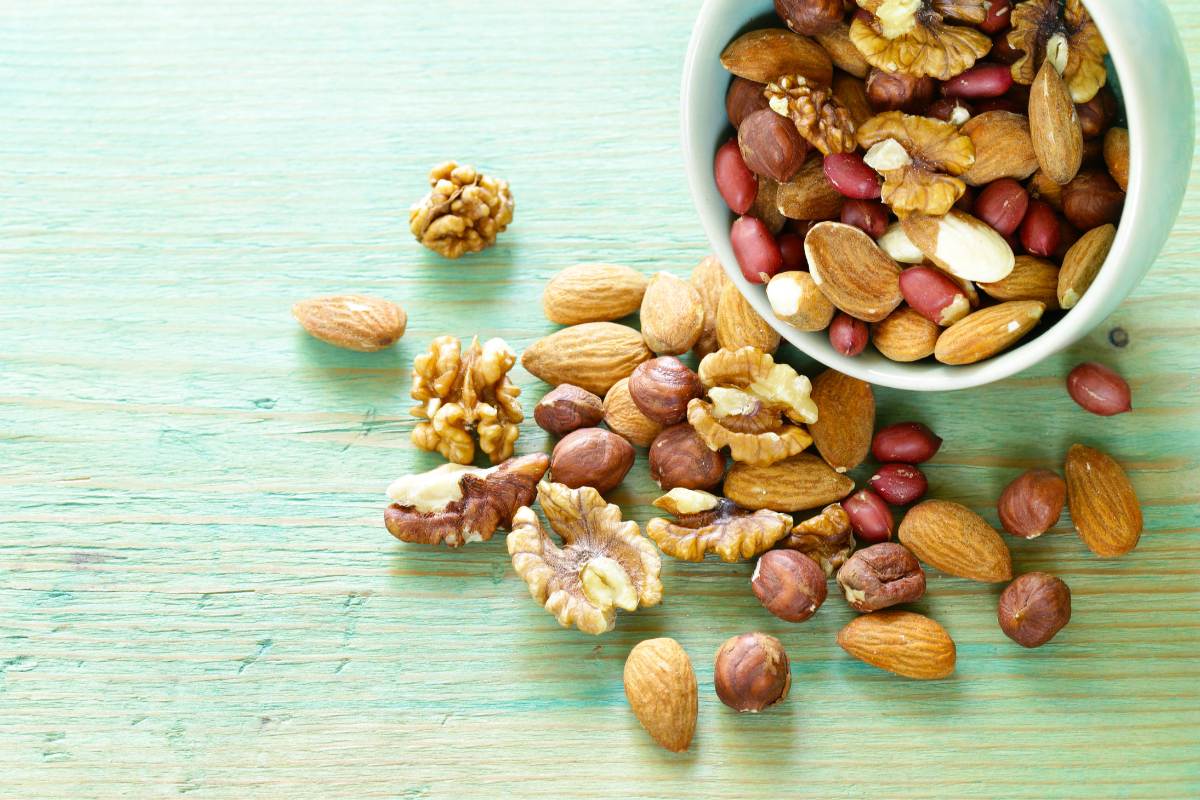
Hallelujah Health Tip
Why Nuts Are a Healthy Part of Your Diet
Discover the benefits of incorporating nuts into your diet! Despite being high in fat, nuts are packed with heart-healthy fats, plant-based protein, and essential nutrients. Learn more about the nu...
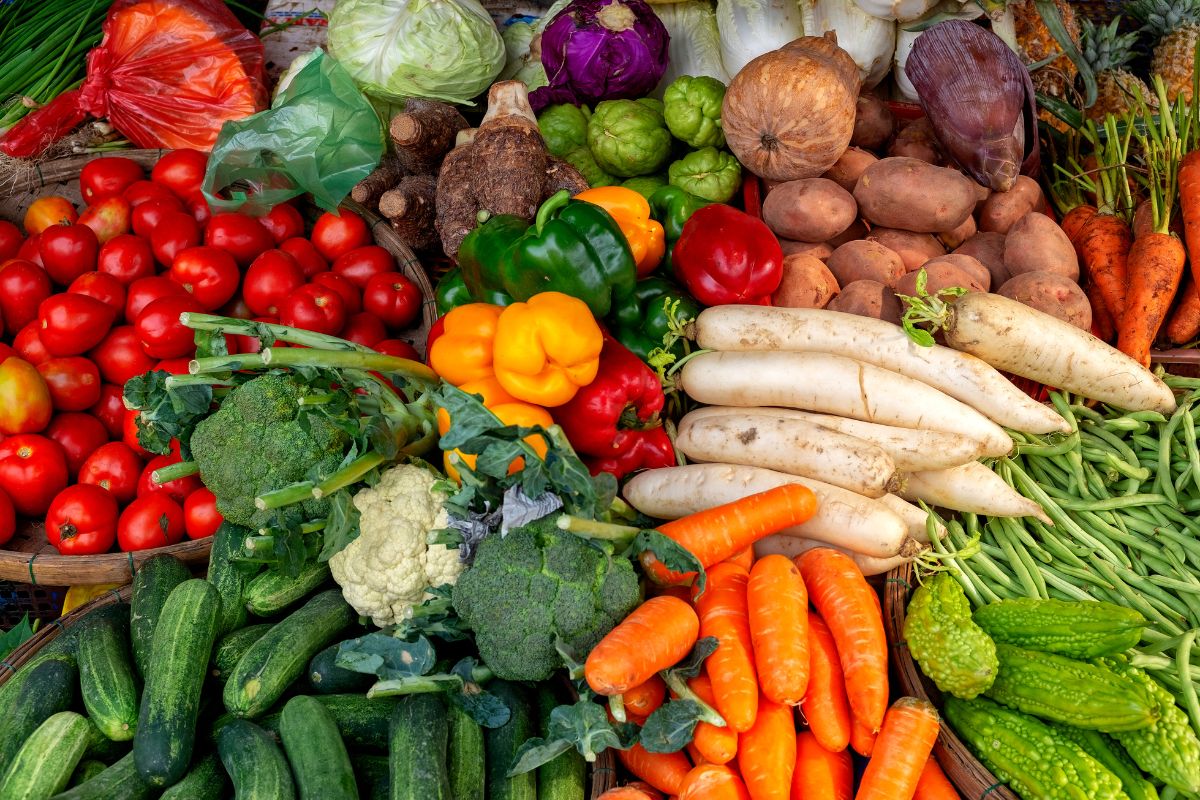
Enhance Your Diet with These Electrolyte-Rich Foods
Discover the importance of electrolyte-rich foods for a healthy lifestyle. Learn about vital minerals and simple ways to incorporate them into your diet for better hydration and balance.
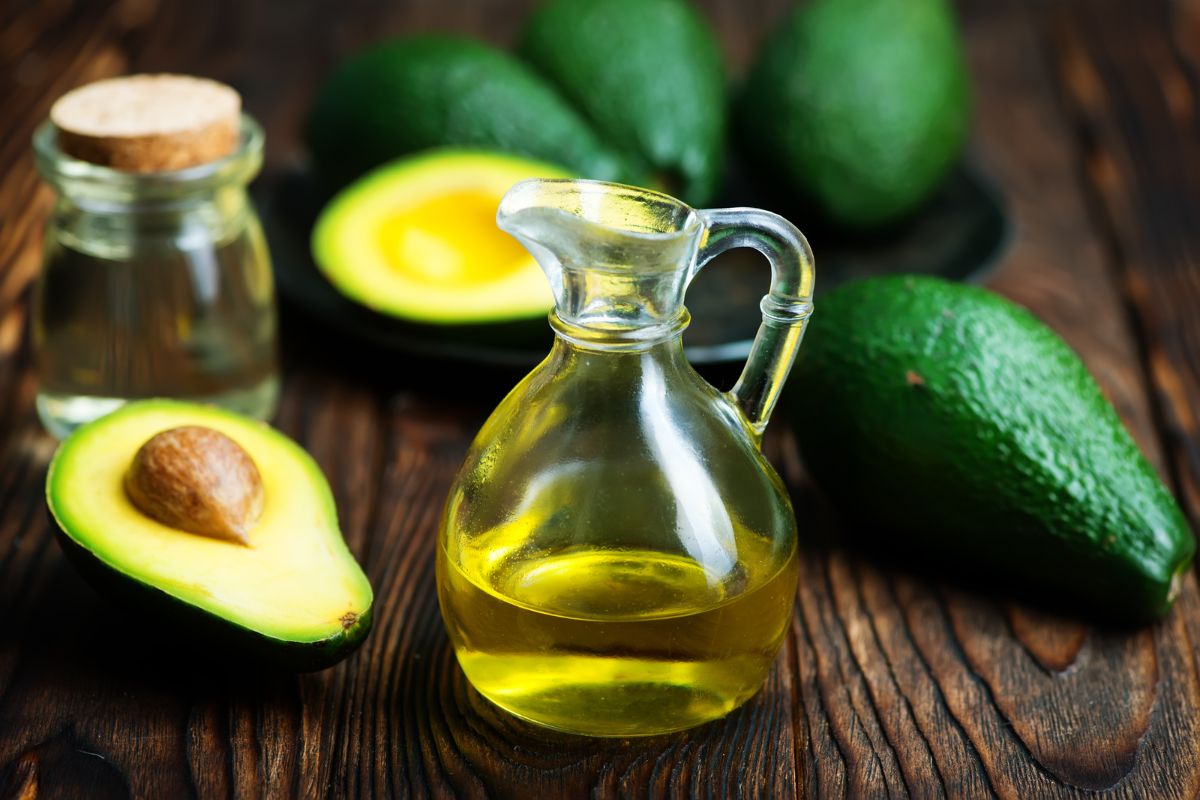
Health and Nutrition
The Healthiest Cooking Oil Options
Discover the healthiest cooking oils for heart health and overall wellness. Learn about their benefits, uses, and how to choose the right oil for your next meal.

Health News
Top Benefits of a Raw Foods Diet
Dive into the world of raw foods and discover their numerous benefits, from boosting immunity to nurturing the planet.
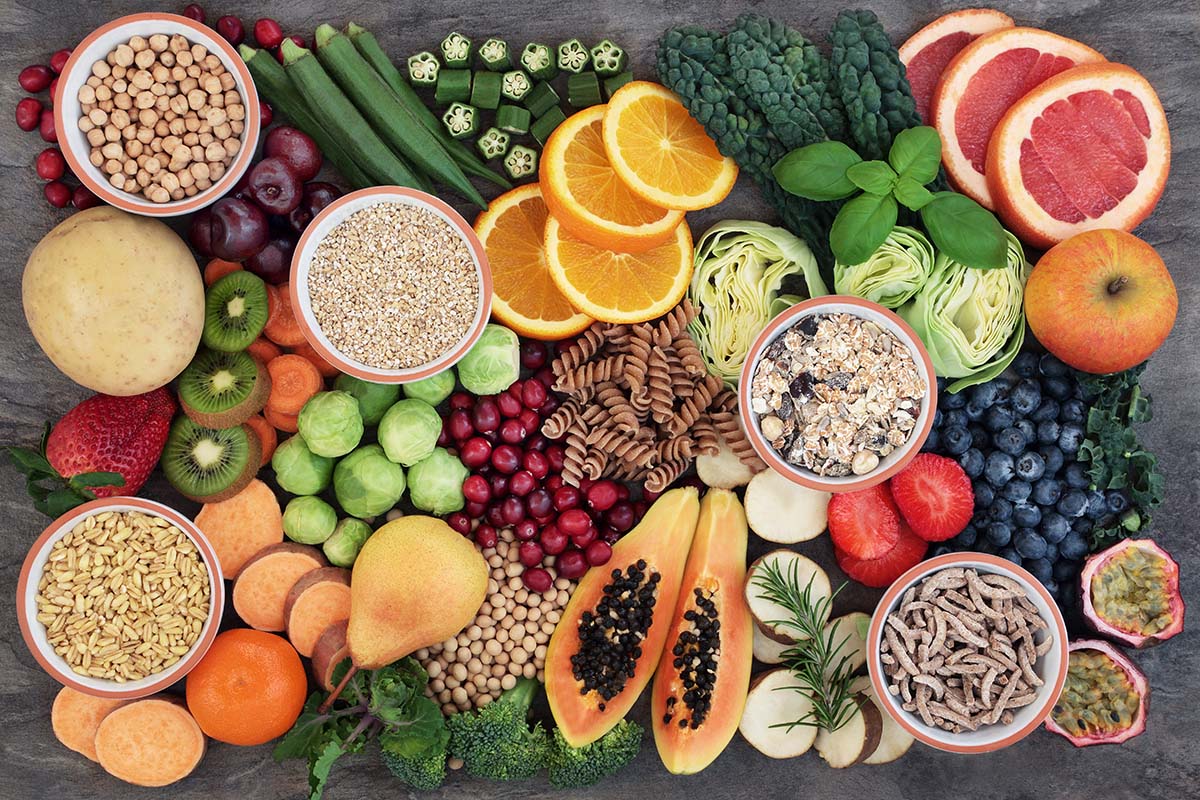
Health and Nutrition
Can a Plant-Based Diet Lower Cholesterol?
Explore how a plant-based diet can lower bad cholesterol. Learn about the benefits of vegetables, raw foods, and heart-healthy eating for cholesterol management.
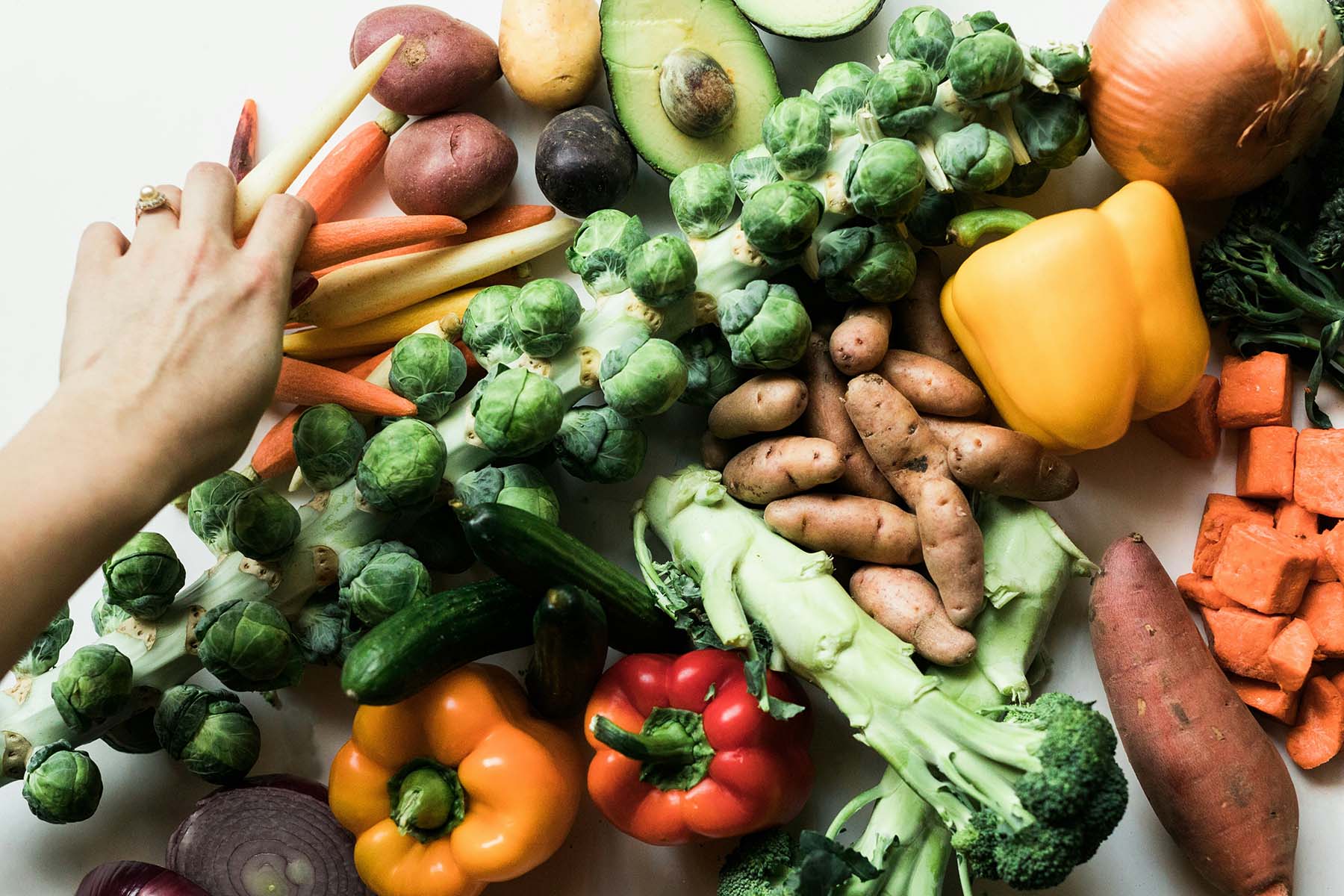
Health and Nutrition
Best Vegetables for Weight Loss: Nutrient-Rich Choices
Discover the best vegetables for weight loss in our detailed guide. Explore nutrient-dense options to boost your health and support your wellness journey.
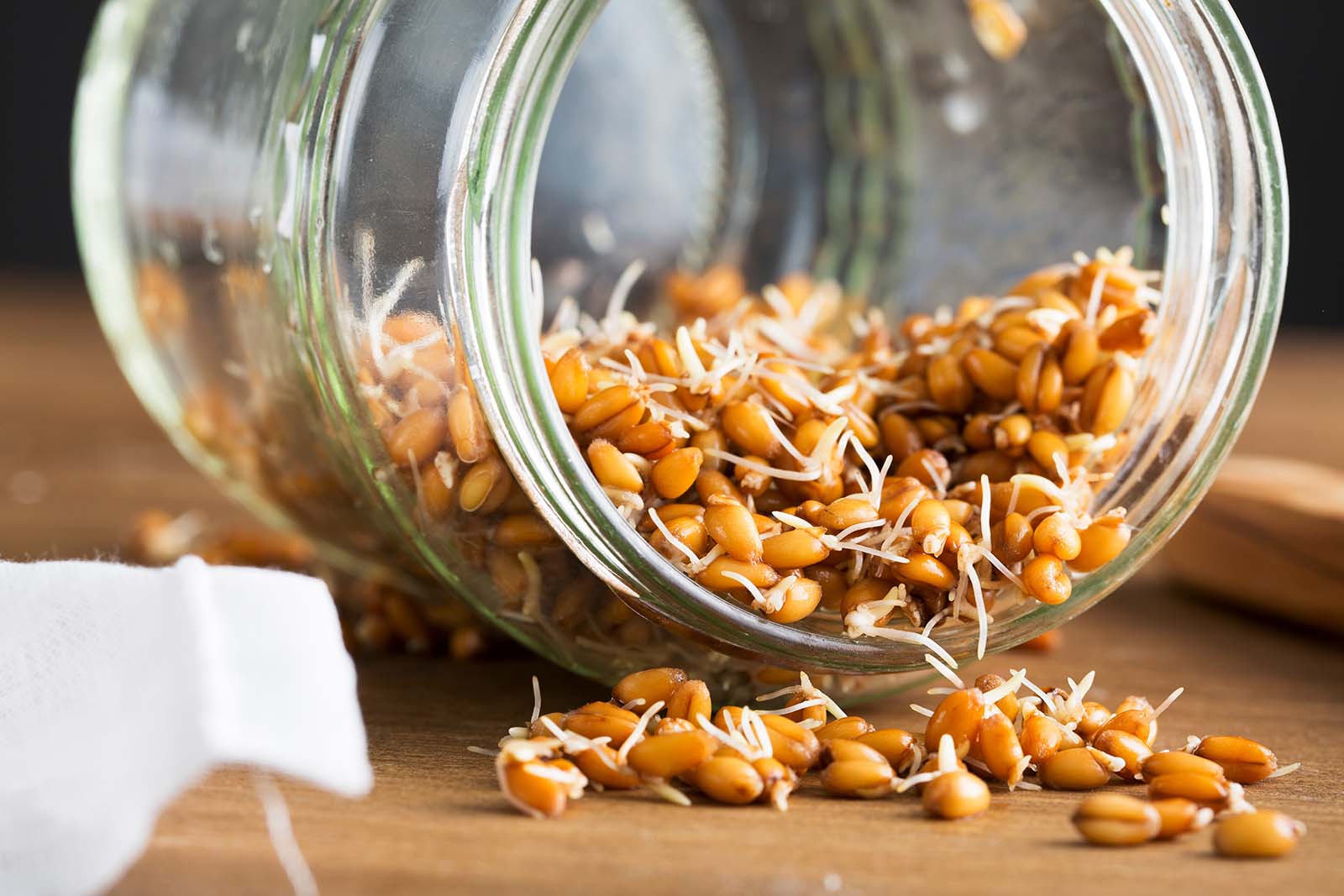
Health and Nutrition
The Pros and Cons of Sprouted Grains
Explore the wonders of sprouted grains. Learn about their health benefits, ease of digestion, and safe sprouting tips for enhanced well-being.

Health Tips
Discover Active Hobbies: Easy Ways to Stay Healthy & Active
Explore easy ways to be active with our guide to sports and recreational activities! Dive into healthy hobbies that boost your physical and mental well-being.

Health Tips
4 Wellness Tips to Help You Stay Healthy this Winter
Boost your winter wellness with these four tips for staying healthy and happy during the colder months. From boosting immunity to practicing self-care, prioritize your well-being this winter.

Mental Health
Battling the Winter Blues: Shedding Light on Seasonal Affective Disorder
As the days grow shorter and the sunshine retreats, many of us find ourselves experiencing a dip in mood and energy levels. Seasonal Affective Disorder (SAD) is a condition that can cast a shadow o...
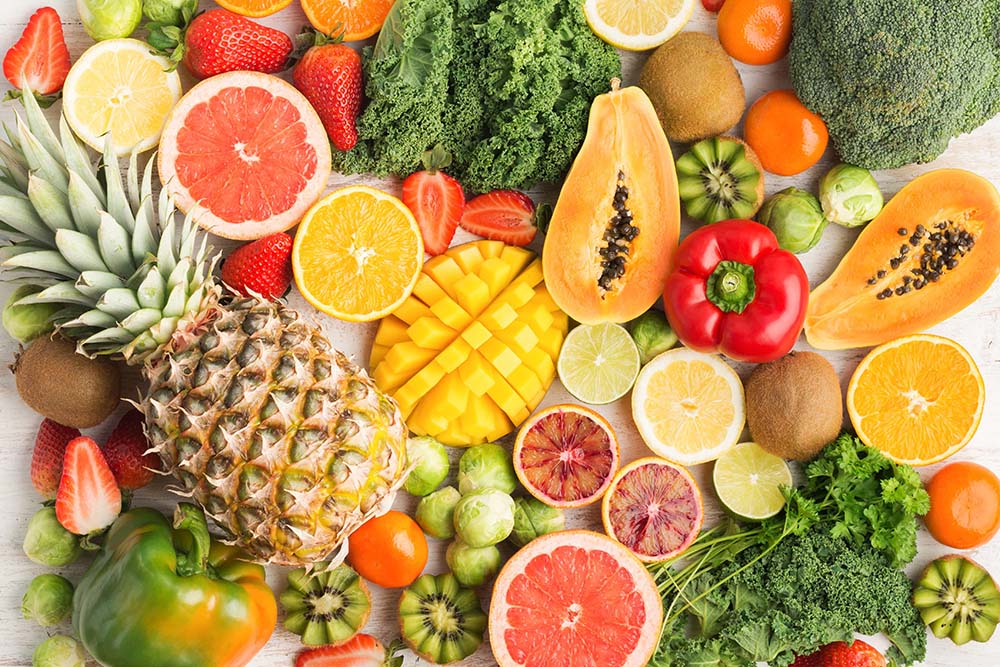
Health and Nutrition
The Health Benefits of Vitamin C in a Vegan Diet
Boost your immune system, prevent chronic diseases, and support healthy aging with a vegan diet rich in Vitamin C. Discover the benefits of Vitamin C and how to prevent Vitamin C deficiency.
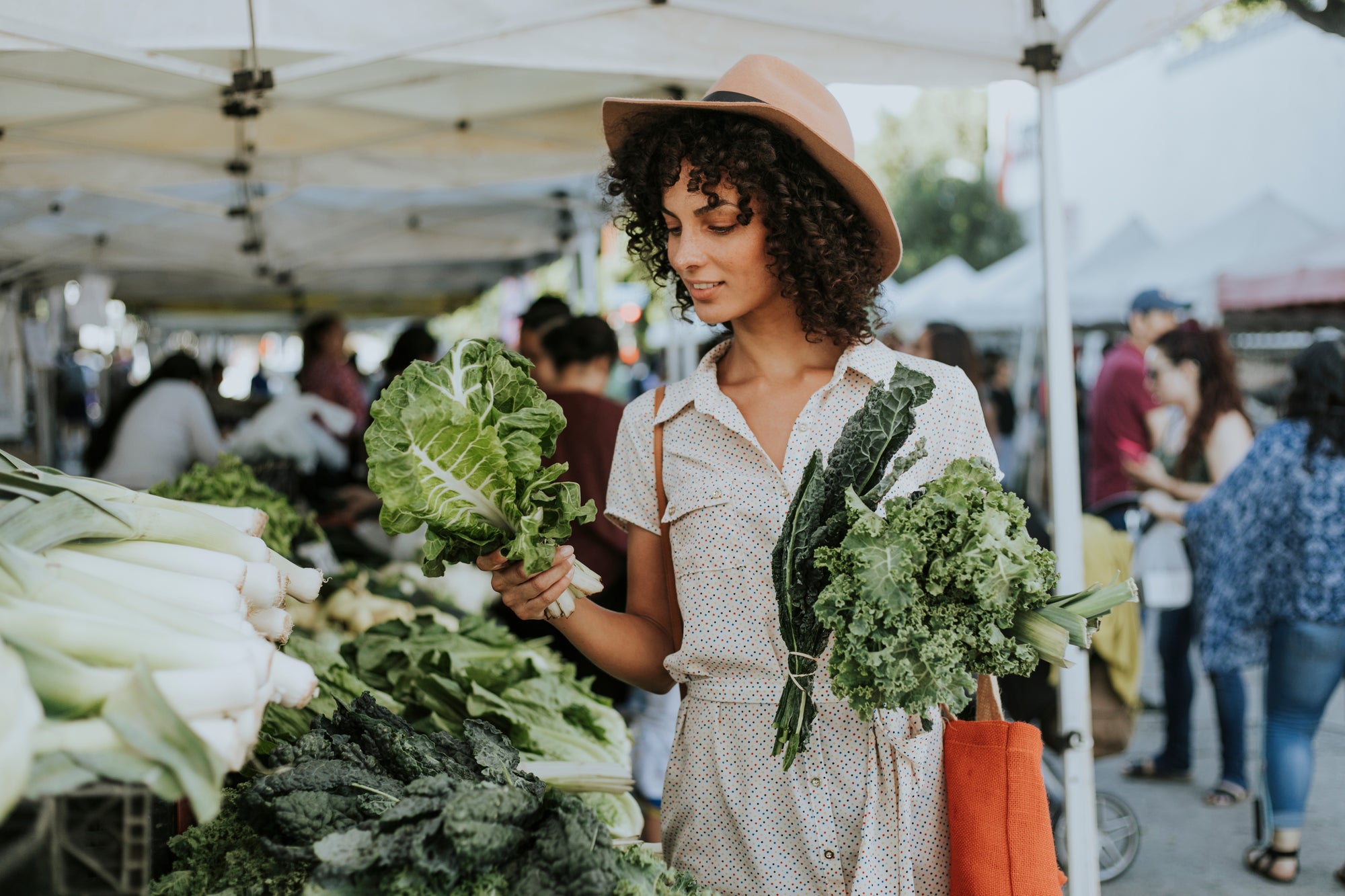
Health Tips
Grocery Staples For a Raw, Plant-Based Diet
Explore our Raw Vegan Grocery List for vibrant health! Discover the plant-based foods and supplements to enhance your raw vegan lifestyle. Maximize nutrition with every grocery shop!

Health News
Jumpstart Your Active Lifestyle with 5 Simple Ways to Get Moving
Discover 5 easy ways to embrace an active lifestyle for better health. From walking and taking the stairs to standing regularly and exploring nature, make movement a natural part of your day. Jumps...
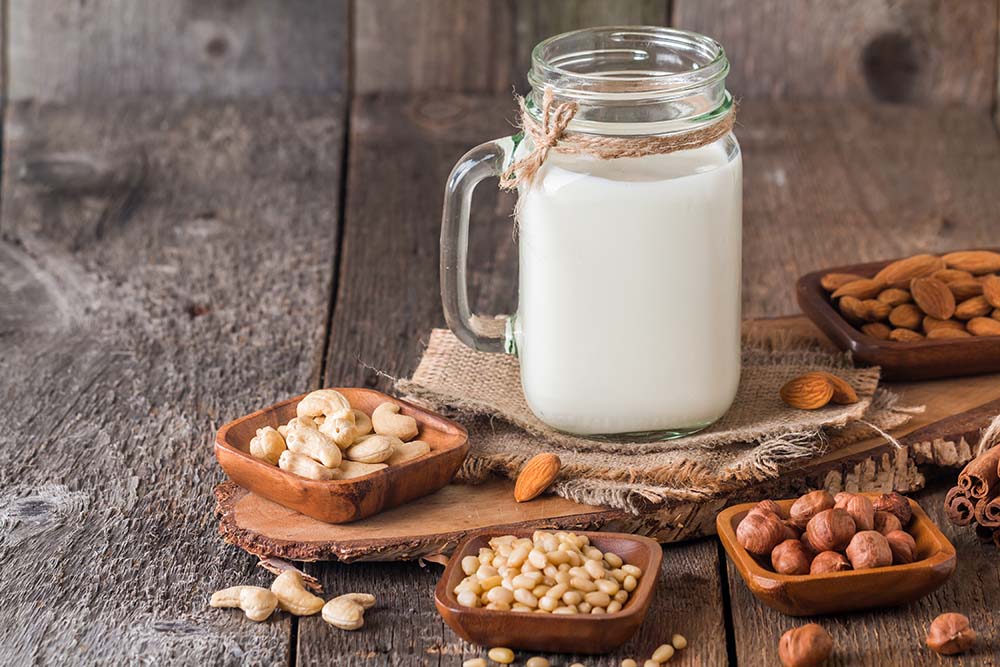
Health and Nutrition
Discover the Healthiest Alternatives to Cow's Milk: A Guide to Vegan Dairy Substitutes
Discover the best vegan dairy substitutes in our guide to healthier milk options. From almond to pea milk, explore nutritious alternatives for a balanced and tasty lifestyle. Choose fortified optio...
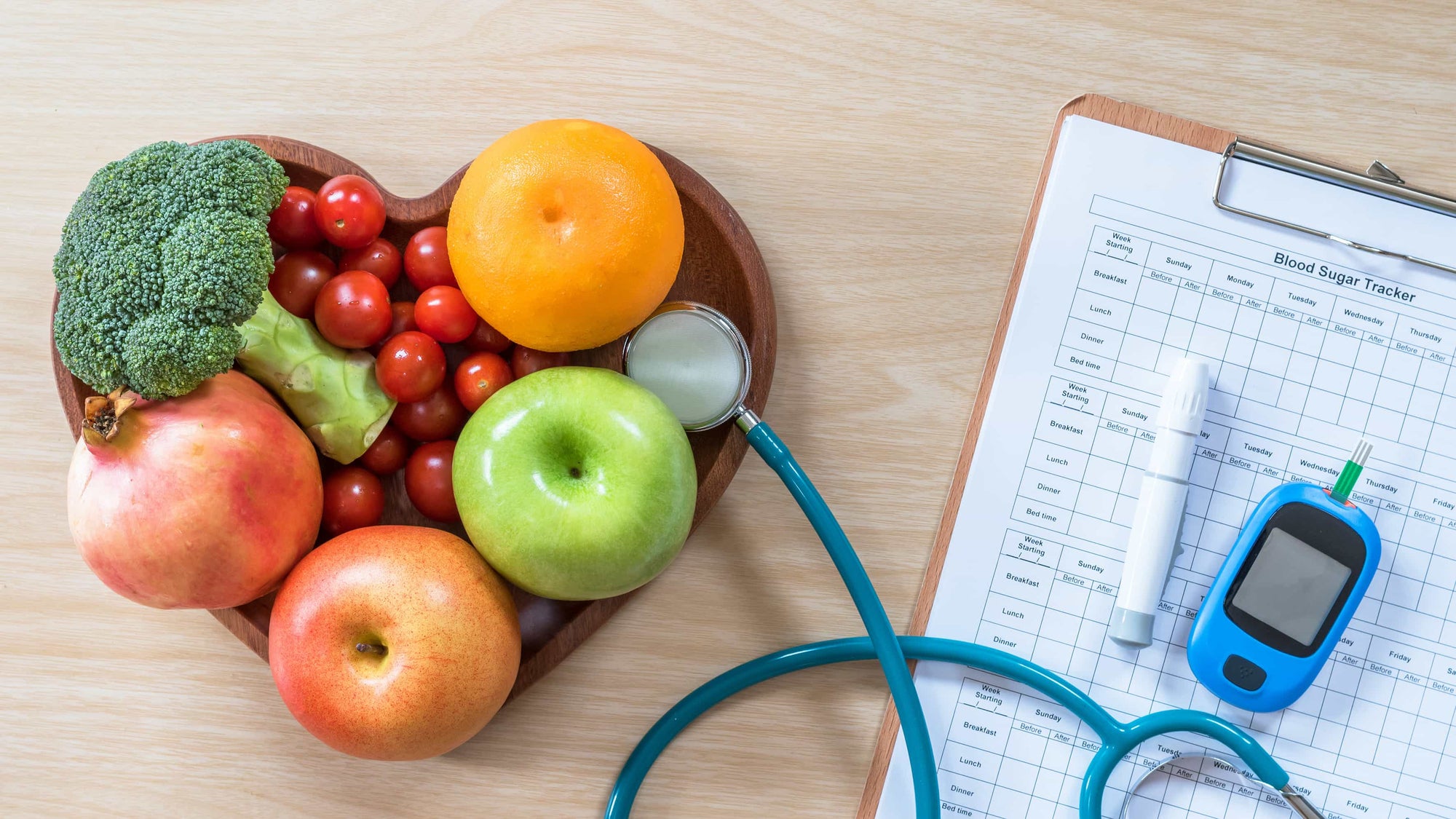
Can You Reverse Diabetes With a Plant-Based Diet?
While a cure for type 2 diabetes does not yet exist, diet and lifestyle changes have shown to reverse the effects of diabetes and reduce reliance on insulin and pharmaceuticals.

Health News
Embrace the Season: Discover the Health Benefits of Pumpkins—Plus, A Delicious Vegan Pumpkin Recipe!
As autumn rolls along, we find ourselves surrounded by the warm and earthy hues of fall foliage. But this season isn't just about picturesque landscapes and cozy sweaters; it's also a time to savor...
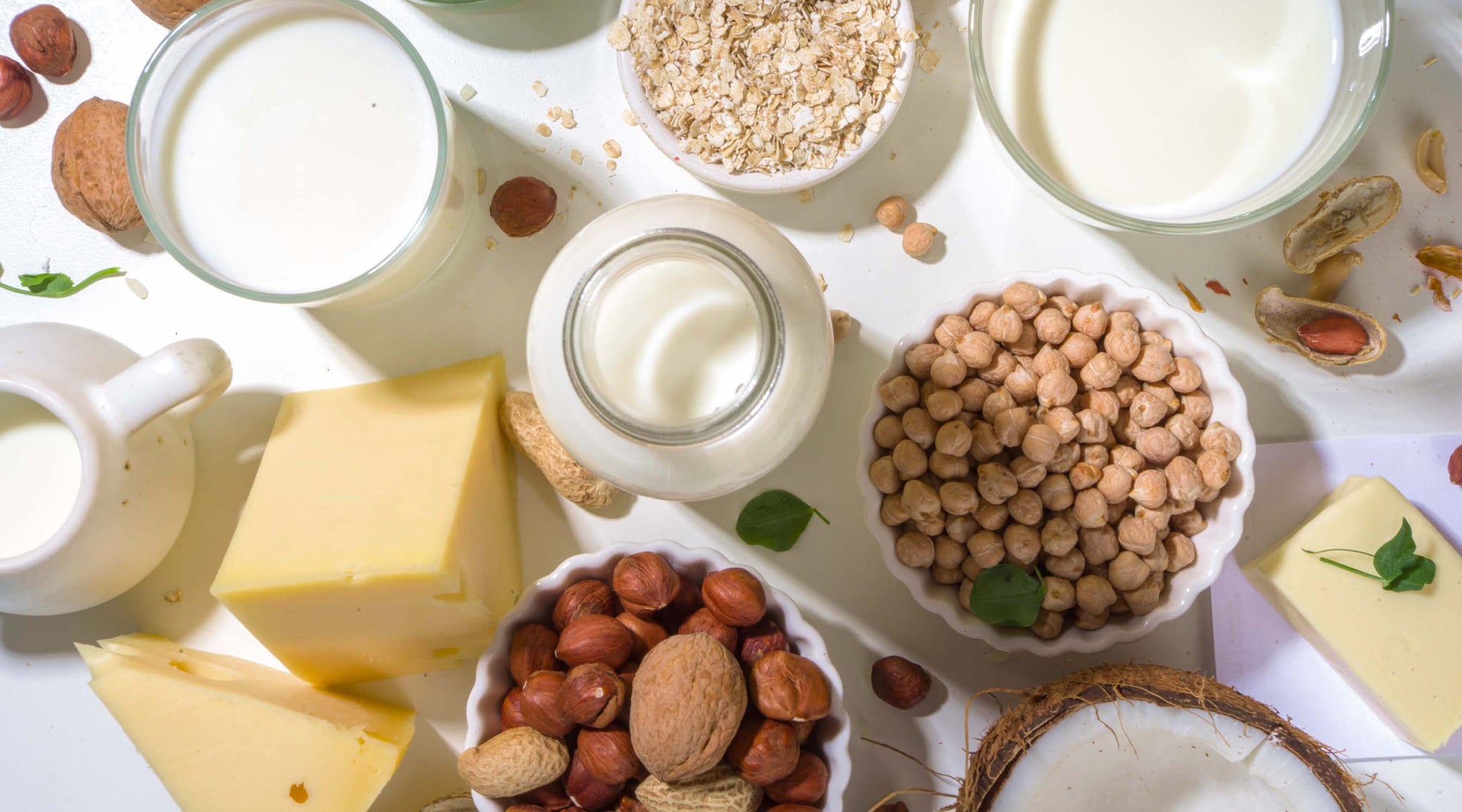
Health News
The Best Healthy Vegan Cheese Options
Going vegan doesn’t have to come at the cost of your favorite foods. There are plenty of plant-based cheese alternatives that are healthier for you and he planet — plus, they taste delicious, too!

Health News
Transform Your Slumber with the Top Vegan Supplements for Sleep
Discover the best all natural, vegan sleep aids and how they can help regulate your sleep patterns and improve the quality of your night's sleep.
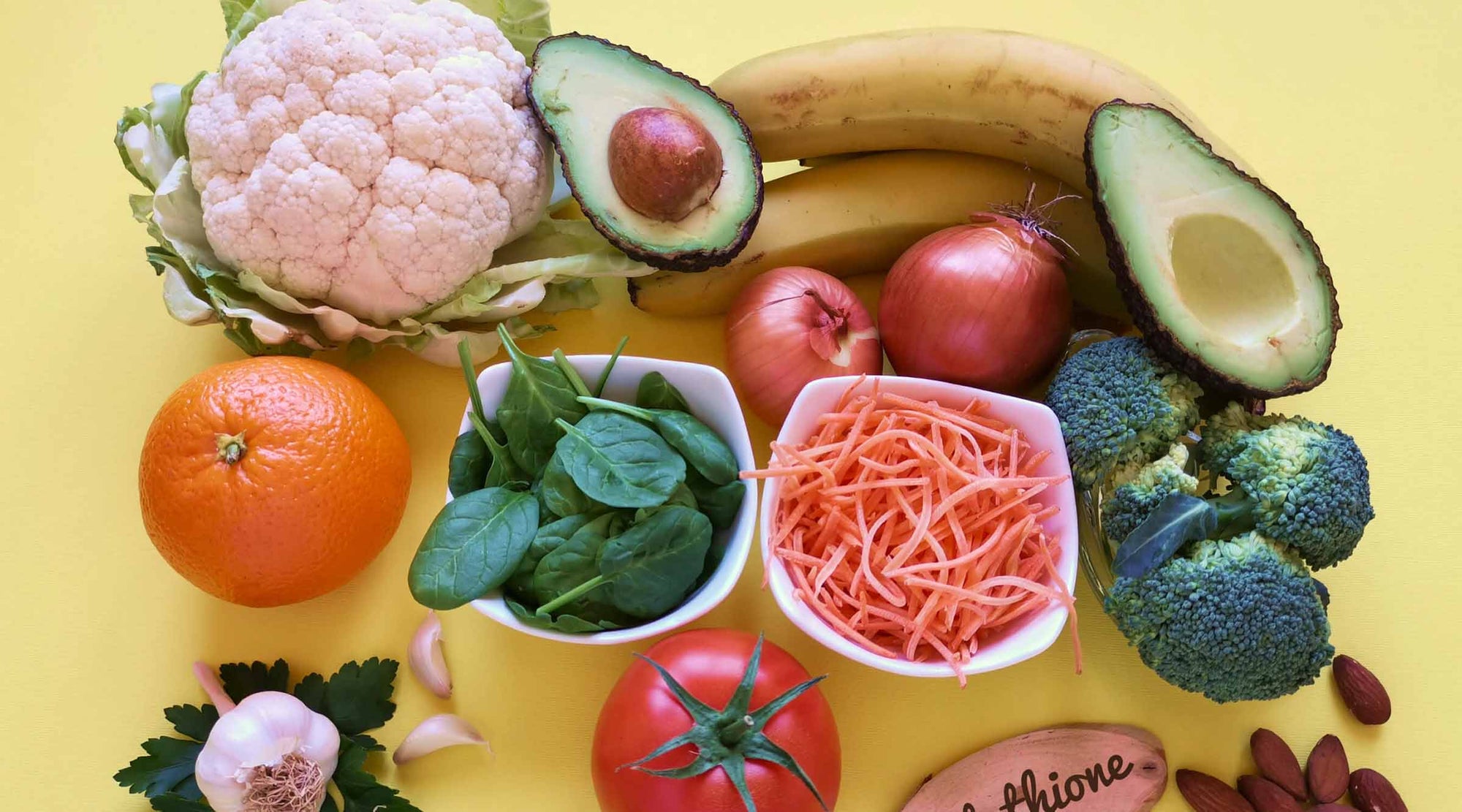
Health News
The Natural Sources and Benefits of Glutathione
Your body naturally produces a powerful antioxidant called glutathione to support the liver and its role in removing the toxins and free radicals that cause disease.

Category_healthnews
Kitchen Essentials for Vegans Who Like to Eat Raw or Cook
The benefits of a vegan diet are many, especially when you can easily prepare a variety of fruits and vegetables using everyday tools and unique kitchen gadgets.
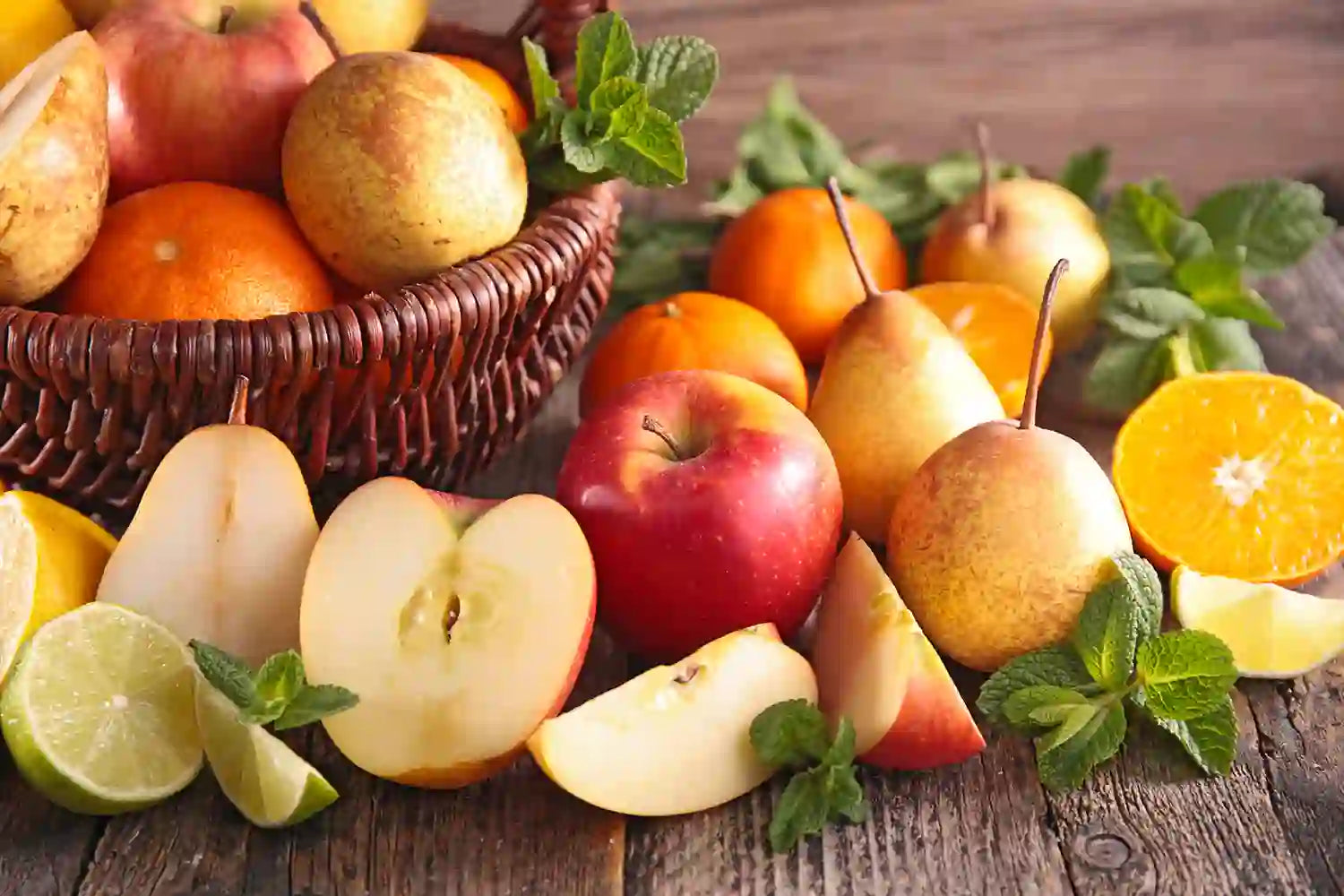
Category_healthnews
Health Benefits of an Apple a Day in a Vegan Diet
Apples offer nutrition and health benefits that make them a key part of a well-rounded vegan diet. Will eating one every day really keep the doctor away?
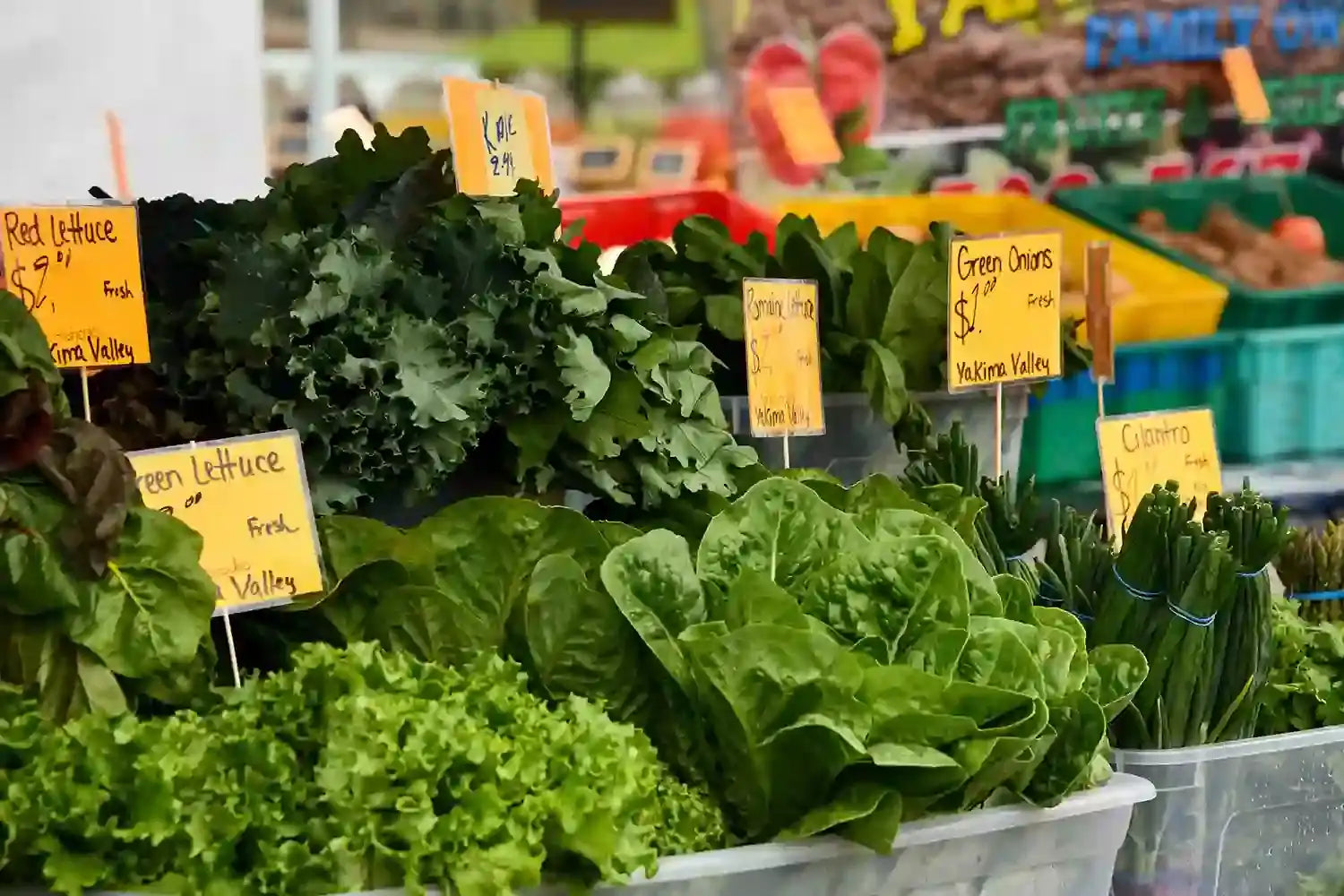
Category_healthnews
Why We Love Leafy Greens
Leafy greens are some of the most nutrient-dense foods in the world. Packed with vitamins, minerals, and nutrients, they’re essential in any vegan diet.
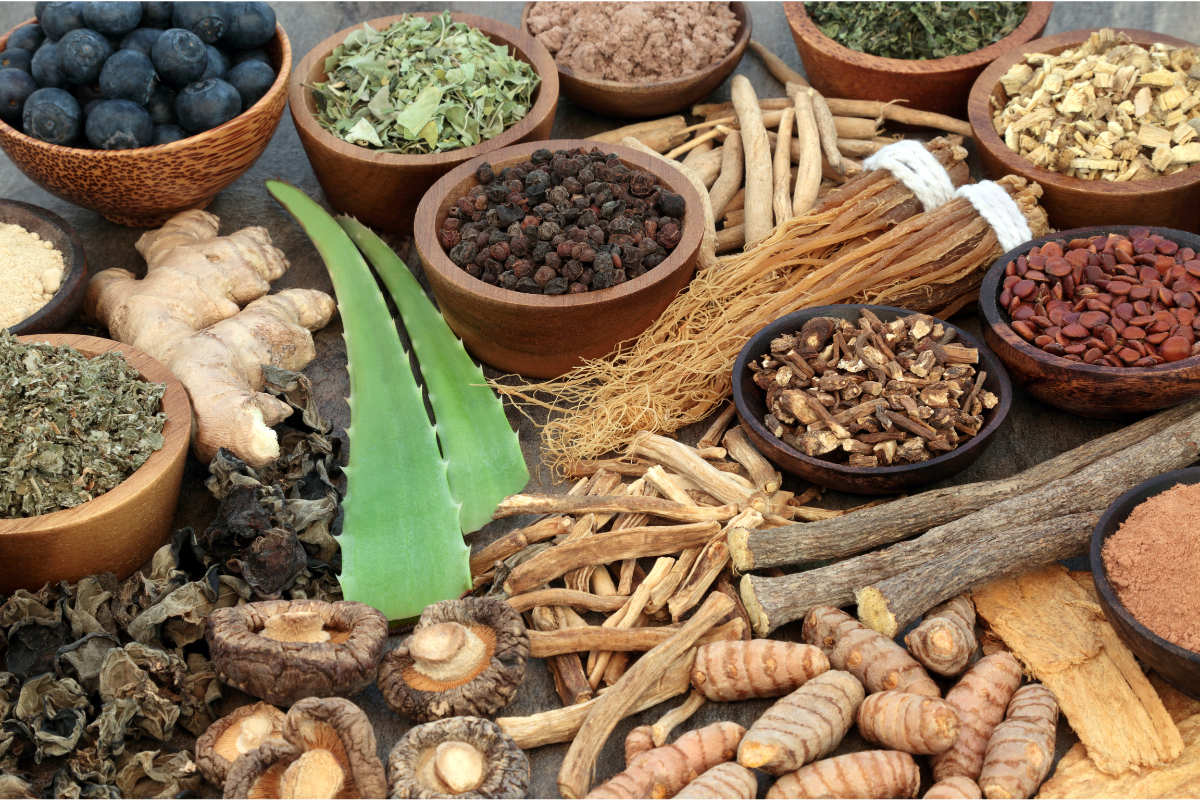
Health News
The Potential Benefits of Vegan Adaptogens
Adaptogens are gaining popularity as a major component of wellness products, but do they work and are they safe to use?
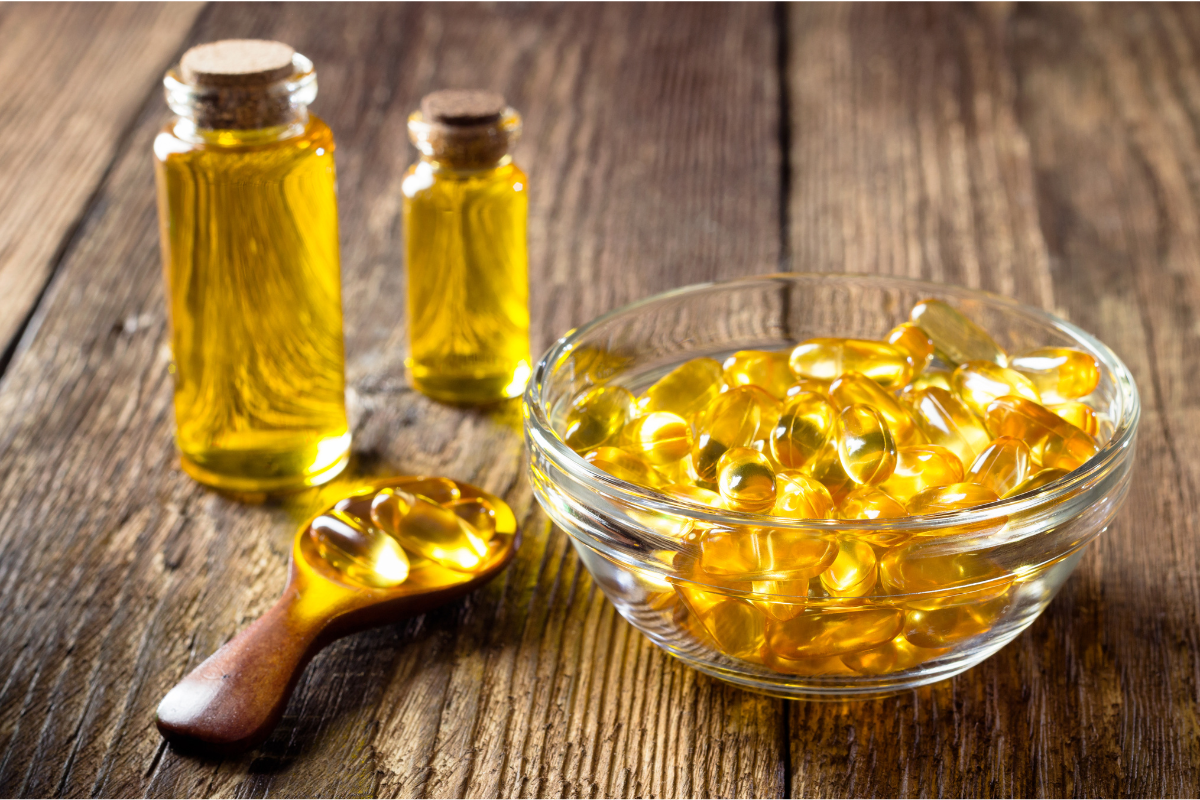
Education
Does Fish Oil Help With Weight Loss?
The long list of health benefits associated with omega-3 fatty acids found in fatty fish and fish oil supplements may include helping people lose weight.
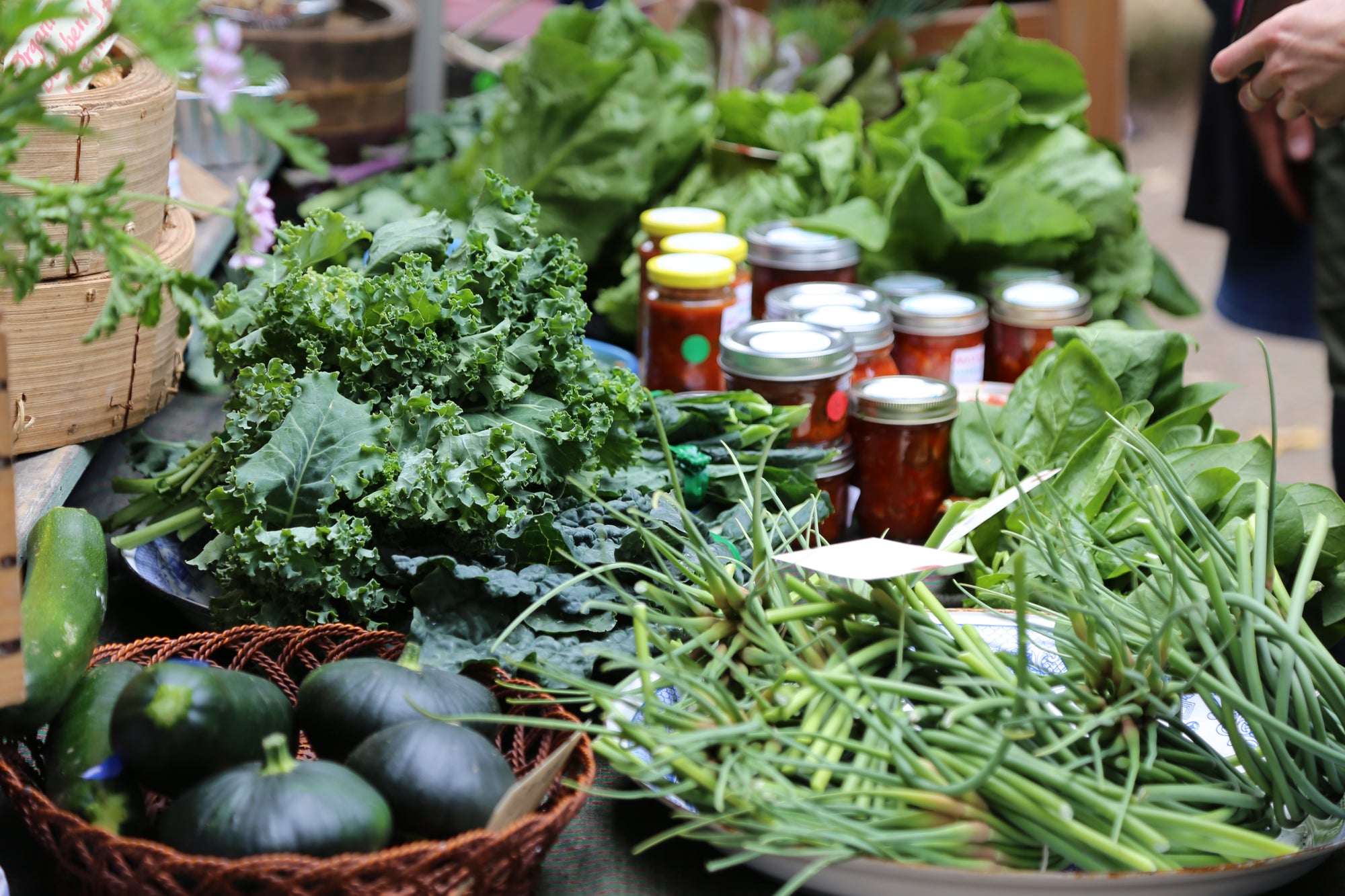
Education
Guard Against Calcium Deficiencies by Including the Calcium Rich Foods in Your Vegan Diet
Include calcium-rich plant-based foods and supplements in your vegan diet to guard against the common but avoidable issue of calcium deficiencies in vegans.
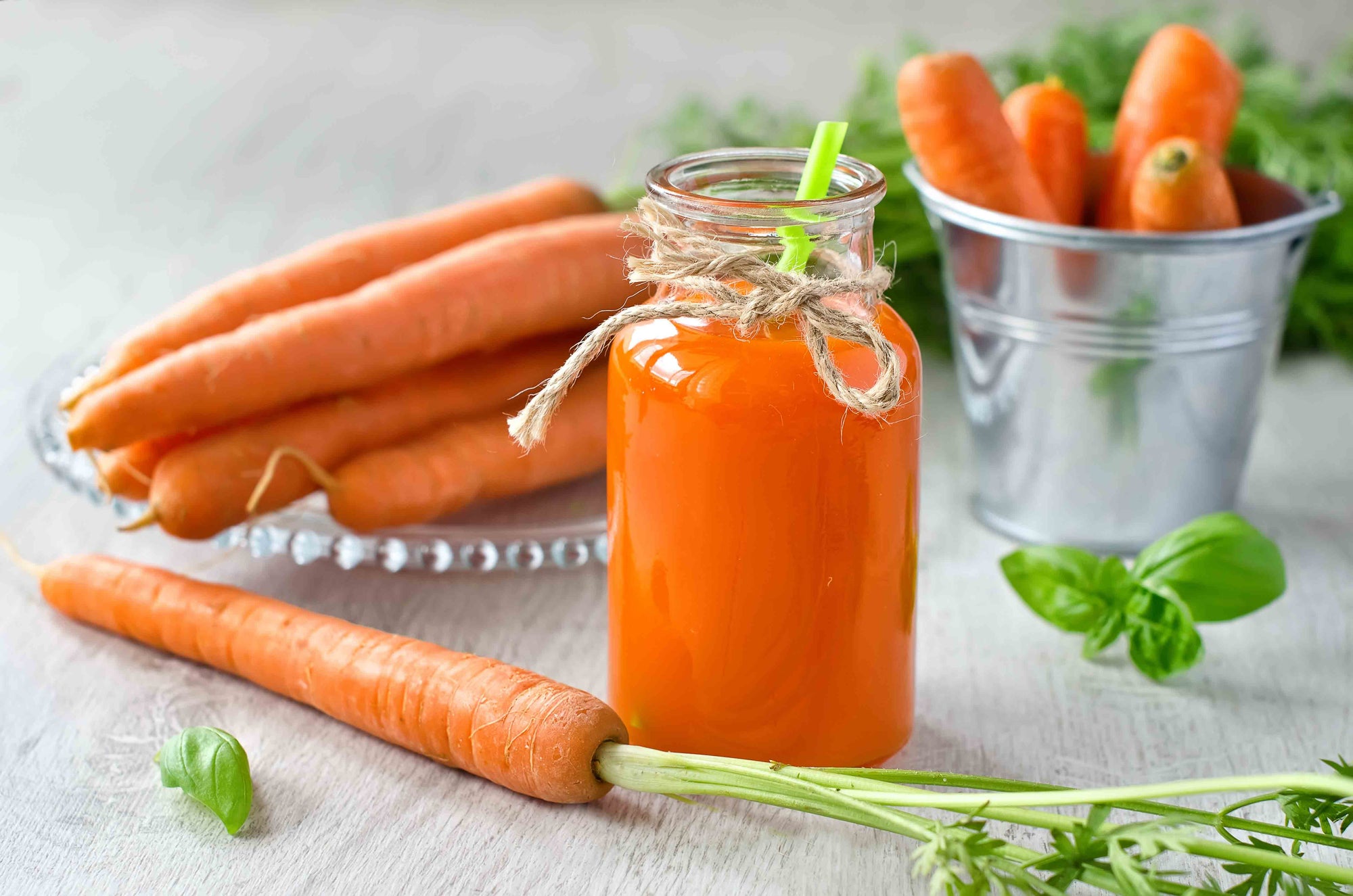
Education
Benefits of Sweet, Earthy Carrot Juice for Vegans
Is carrot juice healthy? Carrot juice for vegans has benefits that keep your plant-based diet wholesome and nutritious, and it’s crisp, sweet, and so delicious.

search_healthnews
Why a Plant-Based Diet is Healthy for Women in Particular
If you’re a follower of the Hallelujah Diet, you already know how much a vegan, plant-based diet can boost your health and improve your life and wellness. But if you are a woman, maybe you don’t kn...
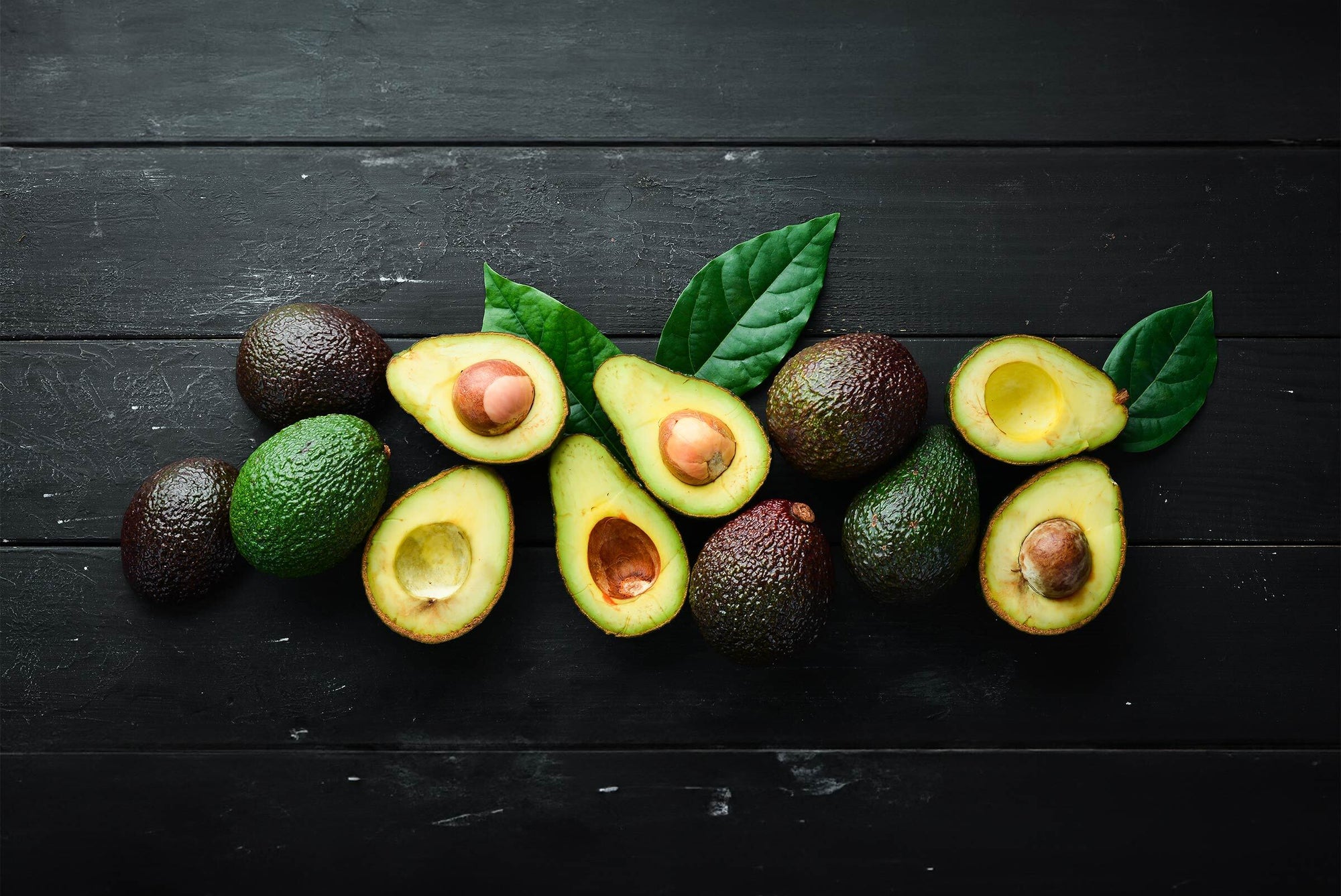
Education
All About Avocados
There’s nothing in the world quite like a perfectly buttery, ripe hass avocado. A burst of zesty lime in a summertime guacamole served with snappy, fresh crudites is just one way to enjoy a wealth ...
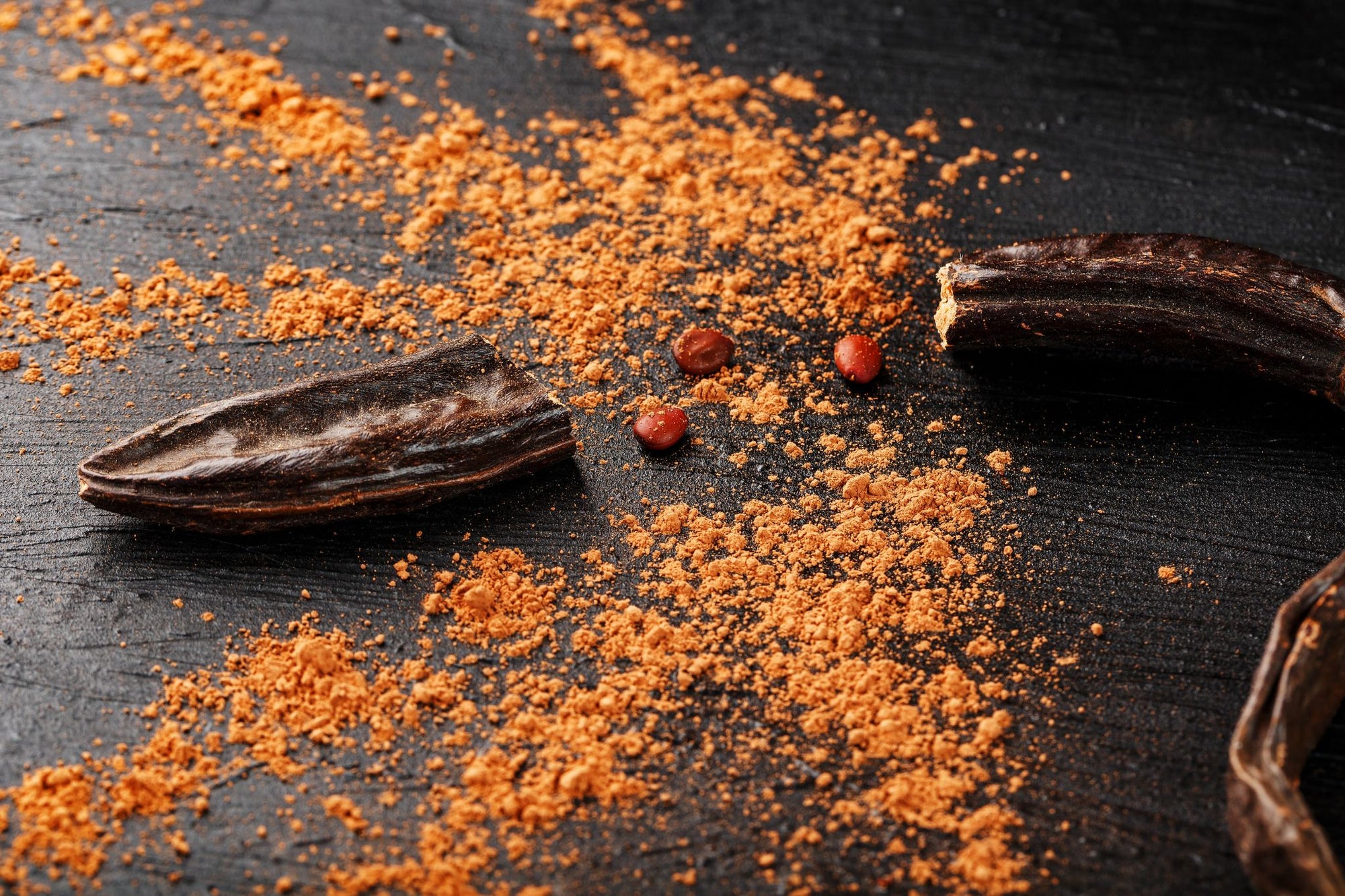
What Are the Benefits of Carob Powder?
An excellent alternative to cocoa powder, naturally sweet carob powder delivers antioxidants, fiber and other nutrients without caffeine or fat.
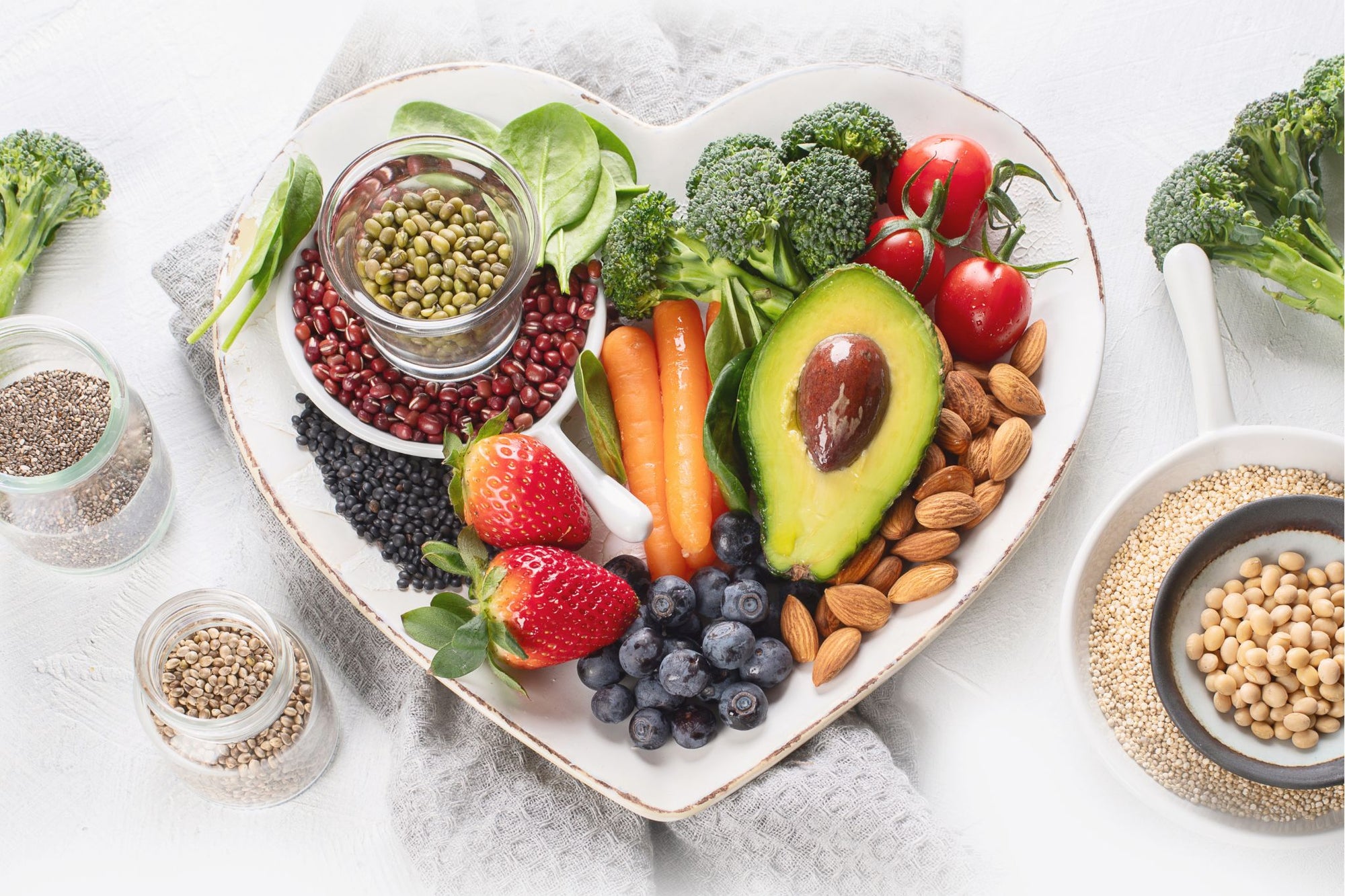
Starting Out a Vegan Diet Successfully: Here’s the Way!
These essential tips to start eating a plant-based diet will get you excited and enthusiastic about becoming vegan and preparing healthy, delicious vegan meals.
Want to feel healthier, happier, sha...
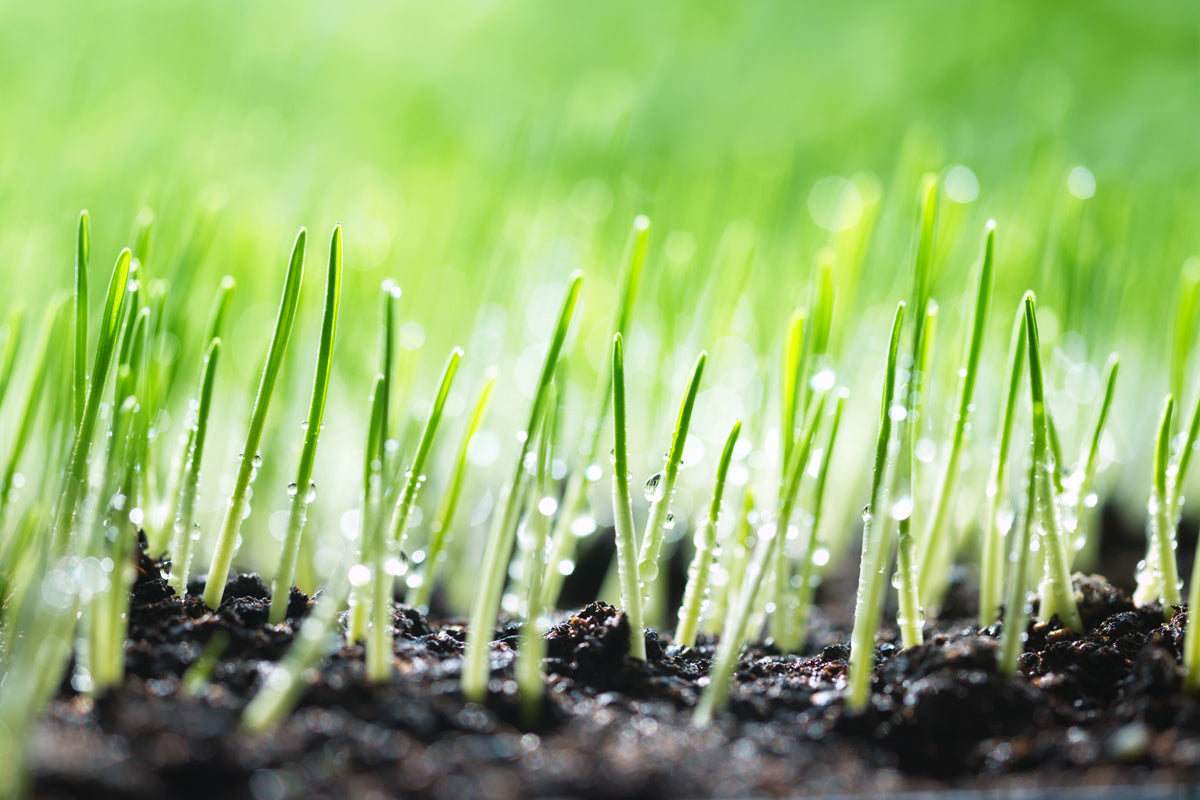
The Bountiful Health Benefits of Barley
This humble grass has surprisingly more to offer when it comes to health-promoting nutrients.
One of the first grains cultivated by humans about 10,000 years ago, barley is a whole grain ingredient...

Fruits and vegetables provide key nutrients for eye health
Get to know the key nutrients for eye health.
Why do we associate carrots with good eyesight? One connection originated from World War II-era stories about the prowess of the Royal Air Force in dow...
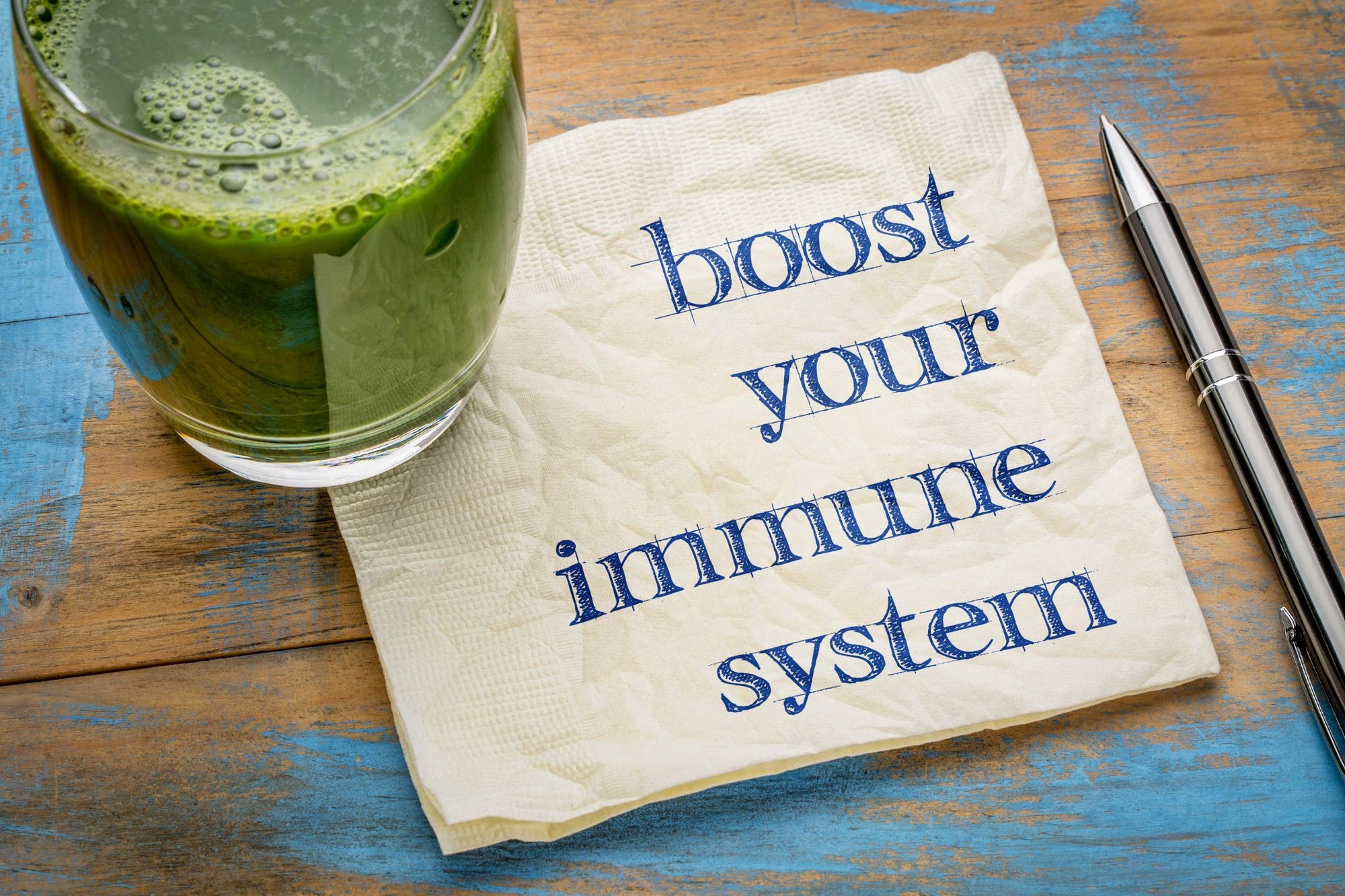
Understanding the Relationship between Plant-Based Diets and a Strong Immune System
Tips for maintaining optimal immunity when on a plant-based diet. How a vegan diet can help build your immunity and information on key nutrients your body needs to support a healthy immune system.
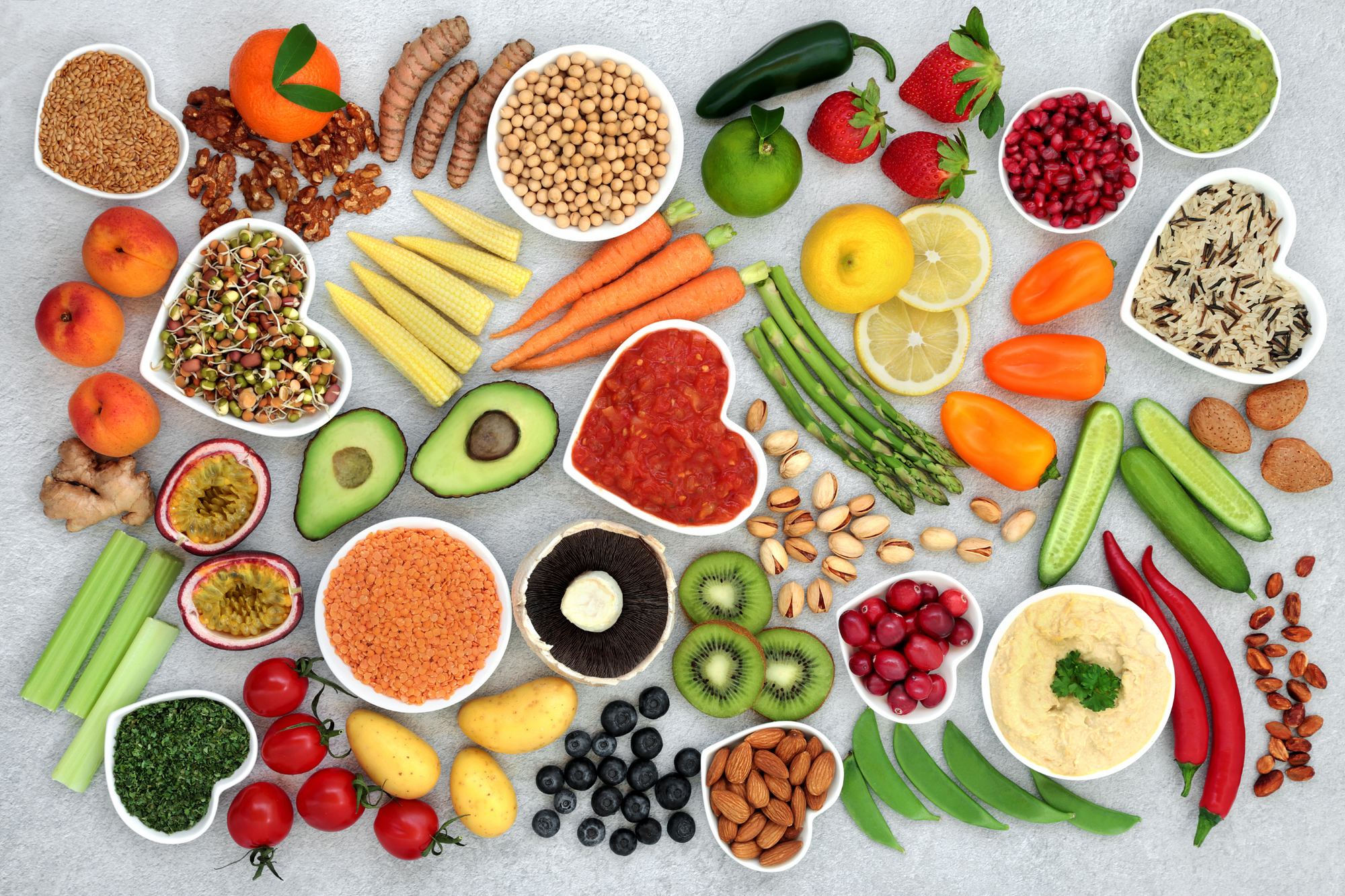
Why a Vegan Diet is Good for Your Heart Health
We hear the statistics all the time. Every year, some form of cardiovascular disease accounts for the death of 800,000 Americans. Worldwide, that number is approaching 18 million people, according ...
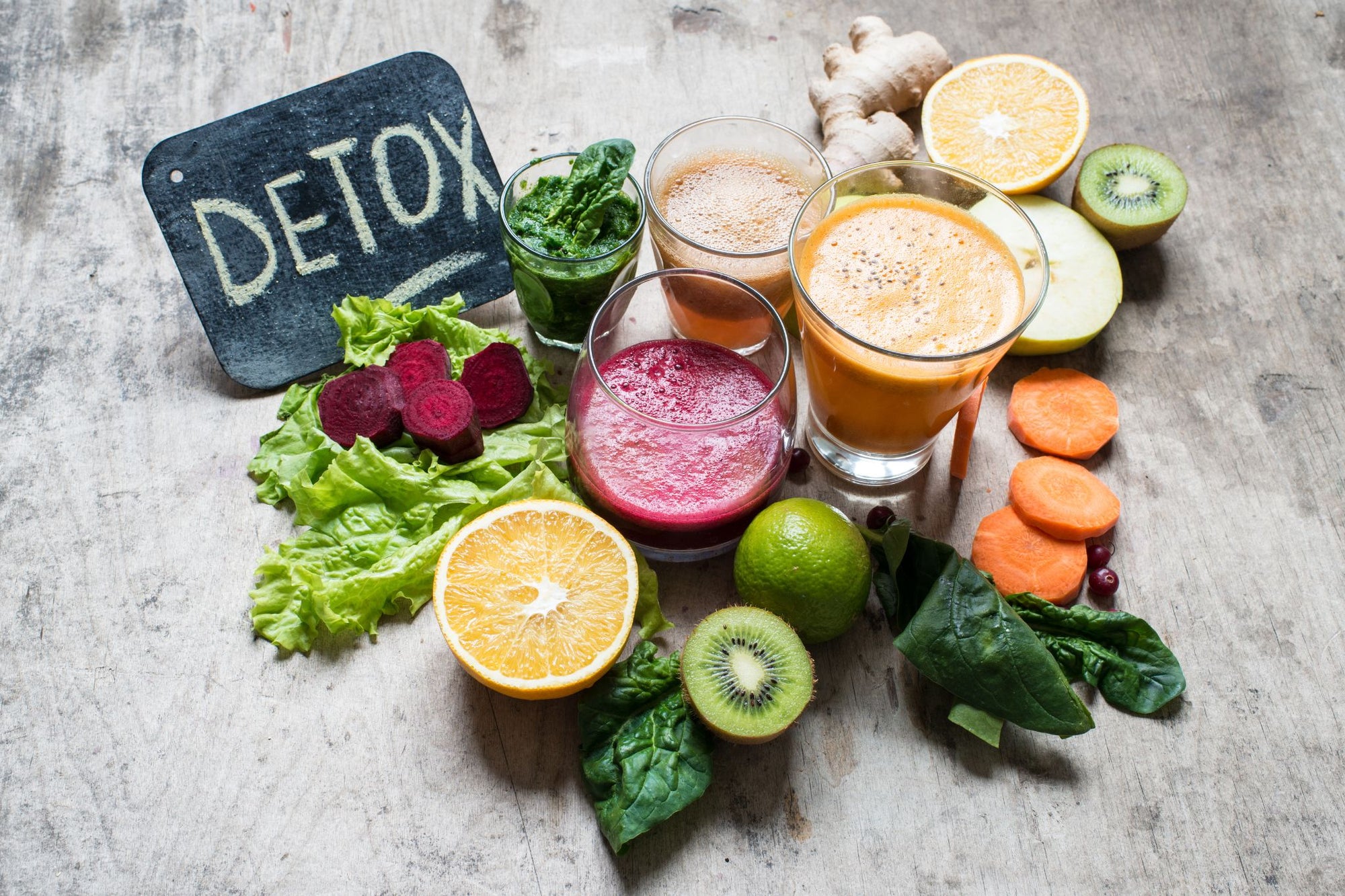
Detox Do’s and Don’ts
7 Vegan Detox Tips to Recharge Your Body and Mind
Sometimes when we find ourselves feeling bloated, low on energy, unfocused or just not our best in general, it can help to take a good look at what...

Category_healthnews
Comparing Professional Strength Probiotics and Oral Health Probiotics
Hallelujah Diet has two different kinds of probiotics for adults: Oral Health and Professional Strength Probiotics. But what's the difference, and why are there two products? Each product has speci...
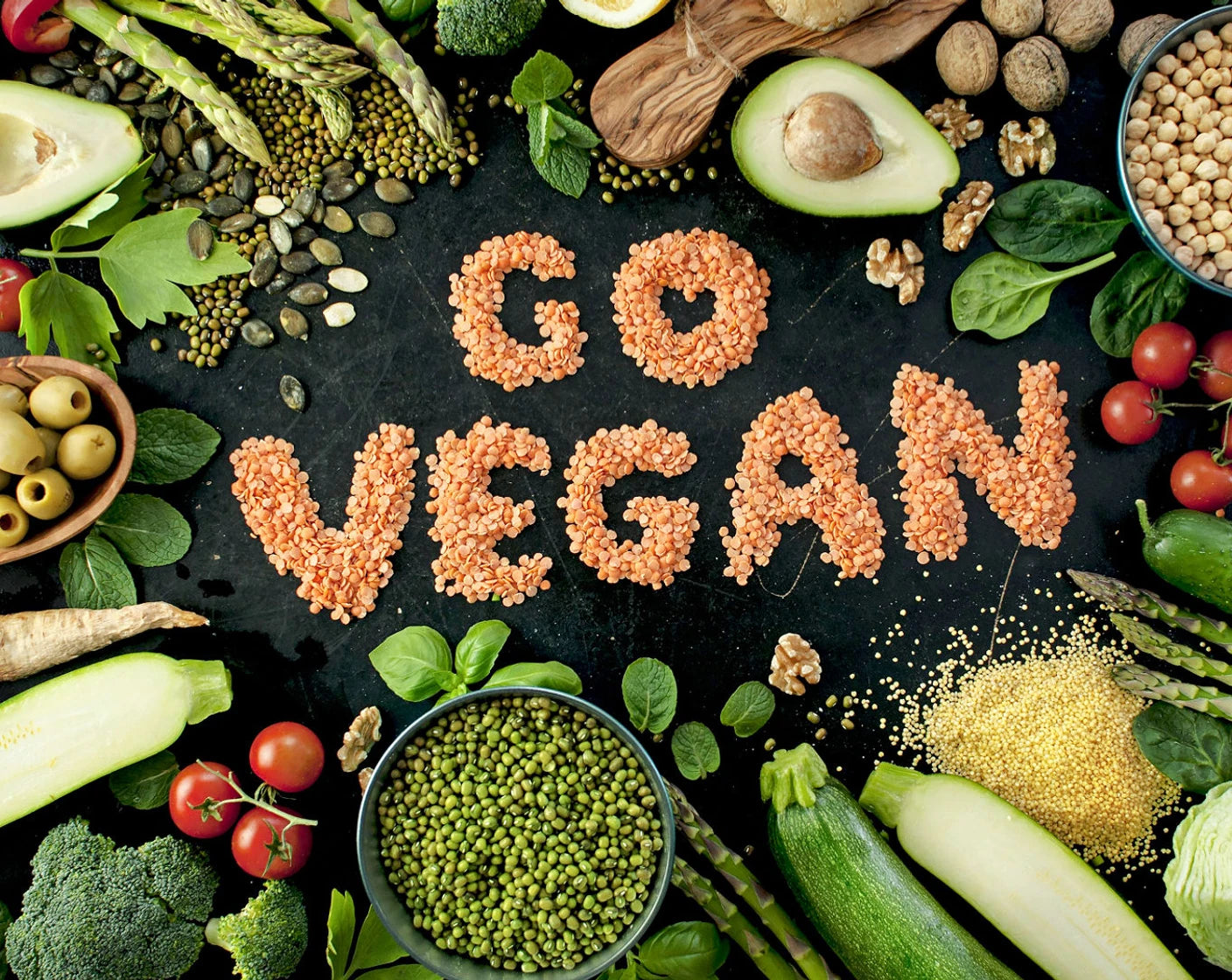
6 Nourishing Tips for Plant-based Health on a Vegan Diet
Tips for a Healthy Vegan Diet
The connection between diet and good health is pretty well established at this point. Still, the question remains, which kind of diet is best? If you’re reading this,...
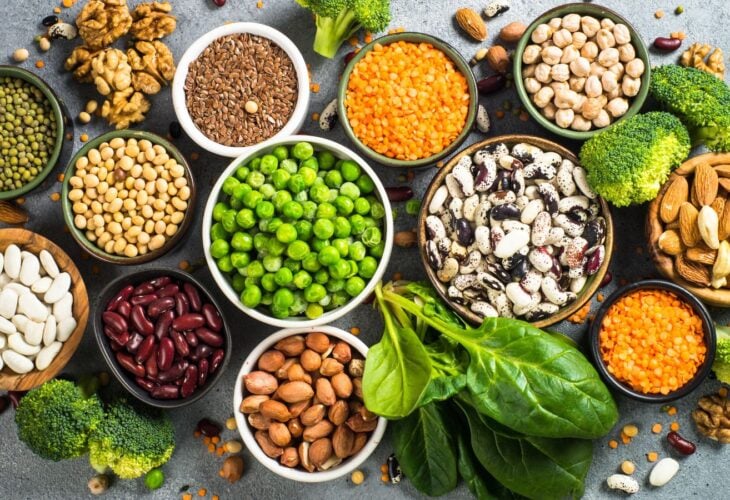
The Best Protein Sources for Vegan Diets
Protein is an essential nutrient for our body that plays a vital role in building and repairing tissues and producing hormones, enzymes, and other bodily necessities. It is often associated with an...

Health News
Maintaining Gut Health For Vegans
What Is Gut Health?
While we don’t think about it often, the importance of gut health cannot be overstated. God created this powerful tool in our body, and it’s up to us to help keep it running smo...

Health News
Can a vegan diet help ease joint pain and inflammation?
Chronic inflammation and arthritis can severely limit our activities and quality of life, but there are good reasons to choose a vegan diet for arthritis relief.
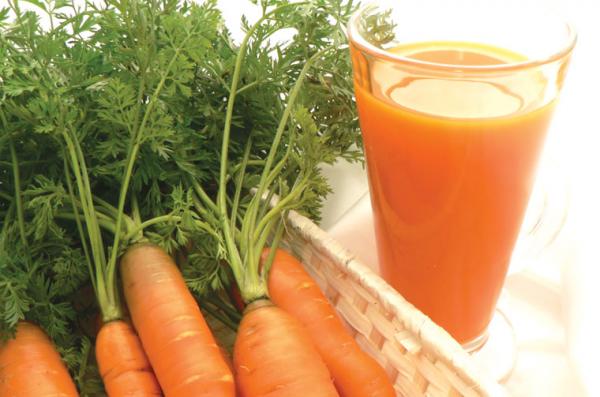
Category_healthnews
The Benefits of Power-Aider Alkaline Juice
In a hurry? Need to make some fresh veggie juice fast? This great tasting recipe includes things you probably have in your fridge right now!
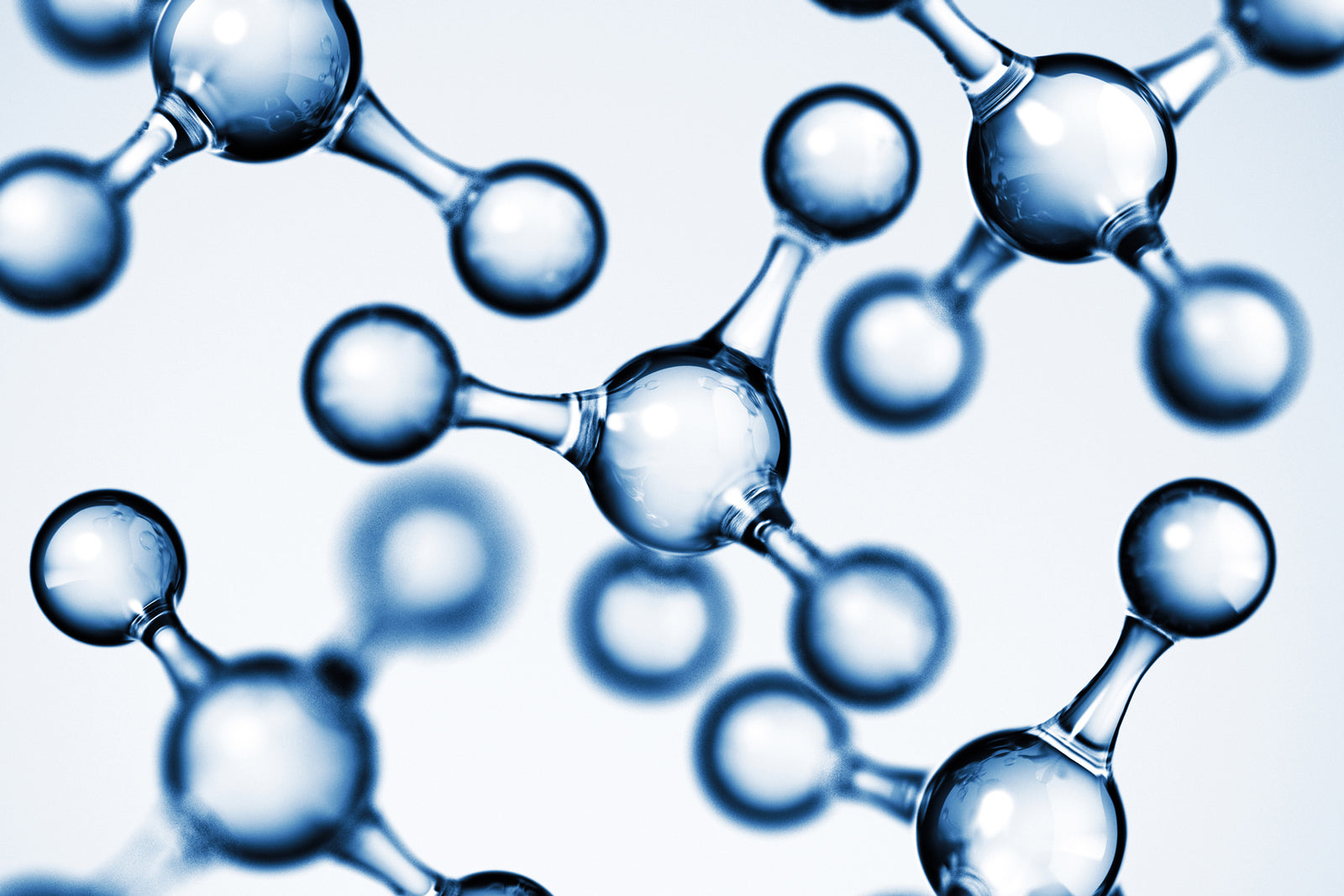
Education
What is Hyaluronic acid?
What exactly is Hyaluronic Acid?
Hyaluronic acid is a crucial component of extracellular matrix in the body, and has many functions. It is also called hyaluronan or hyaluronate and abbreviated HA. ...
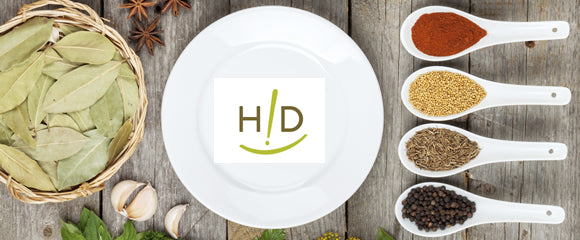
Category_healthnews
Cooked Food... But Not From The Stove
Need a little something to go with that fabulous salad you made for supper? Here's a cooked food option that requires zero prep time!



